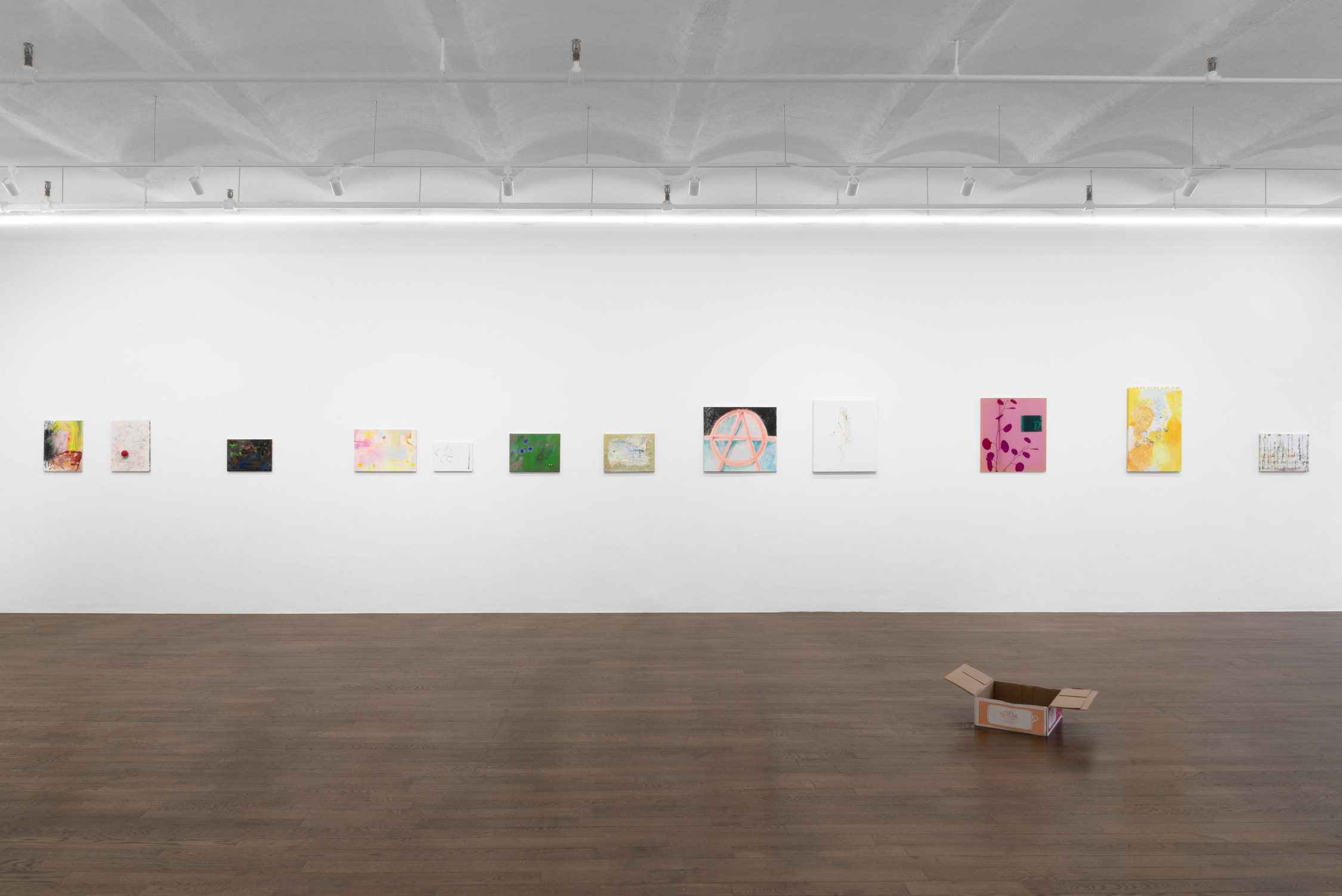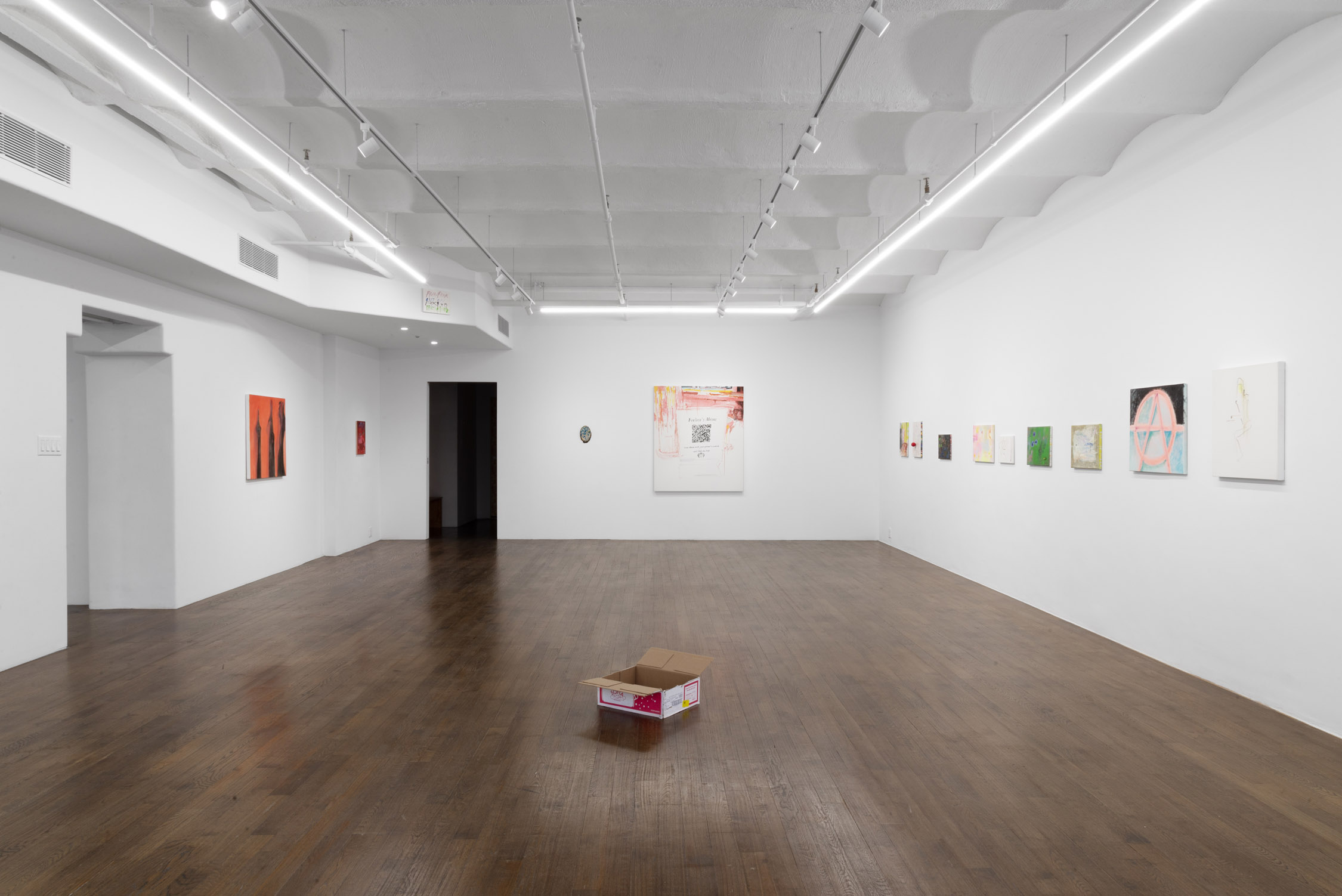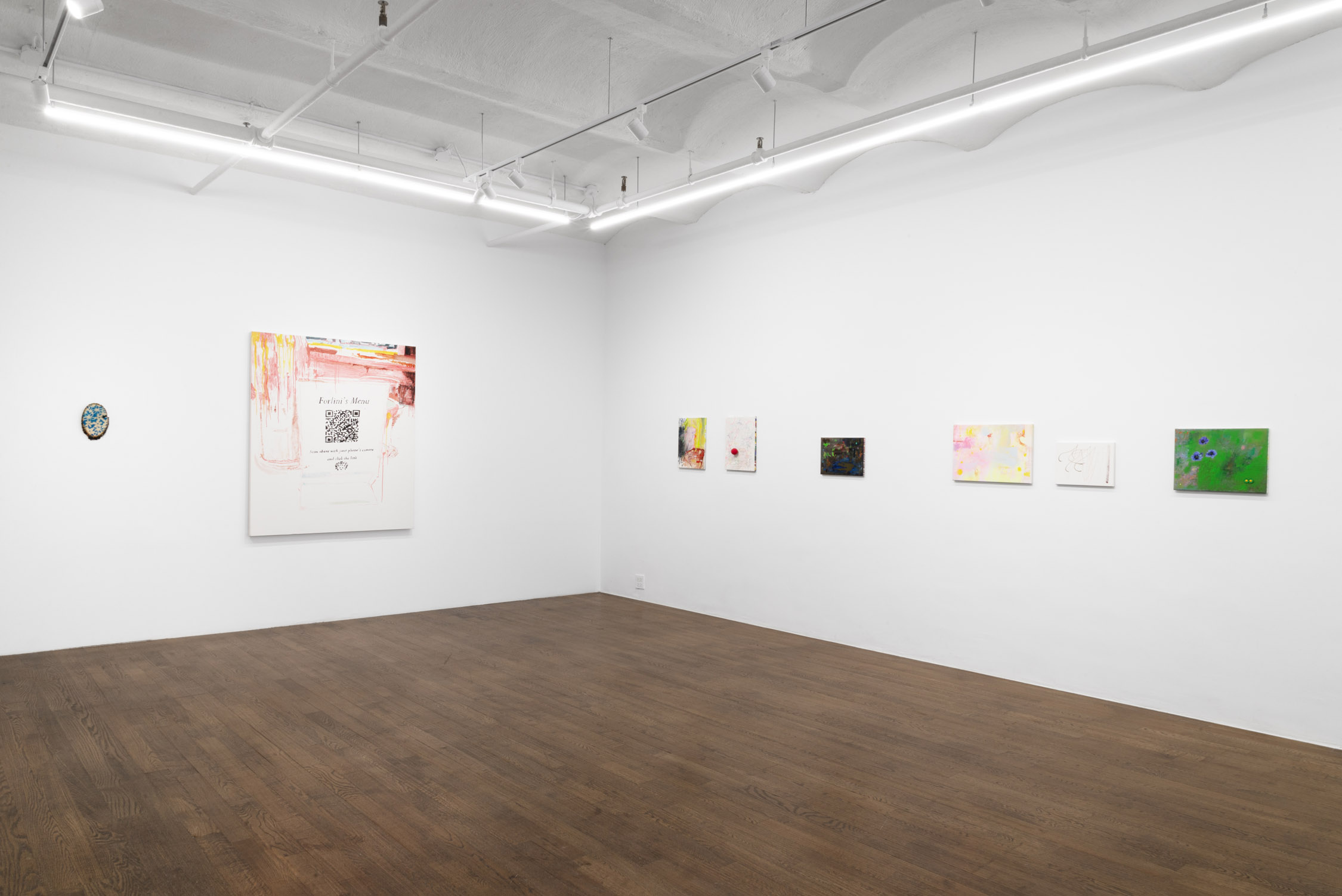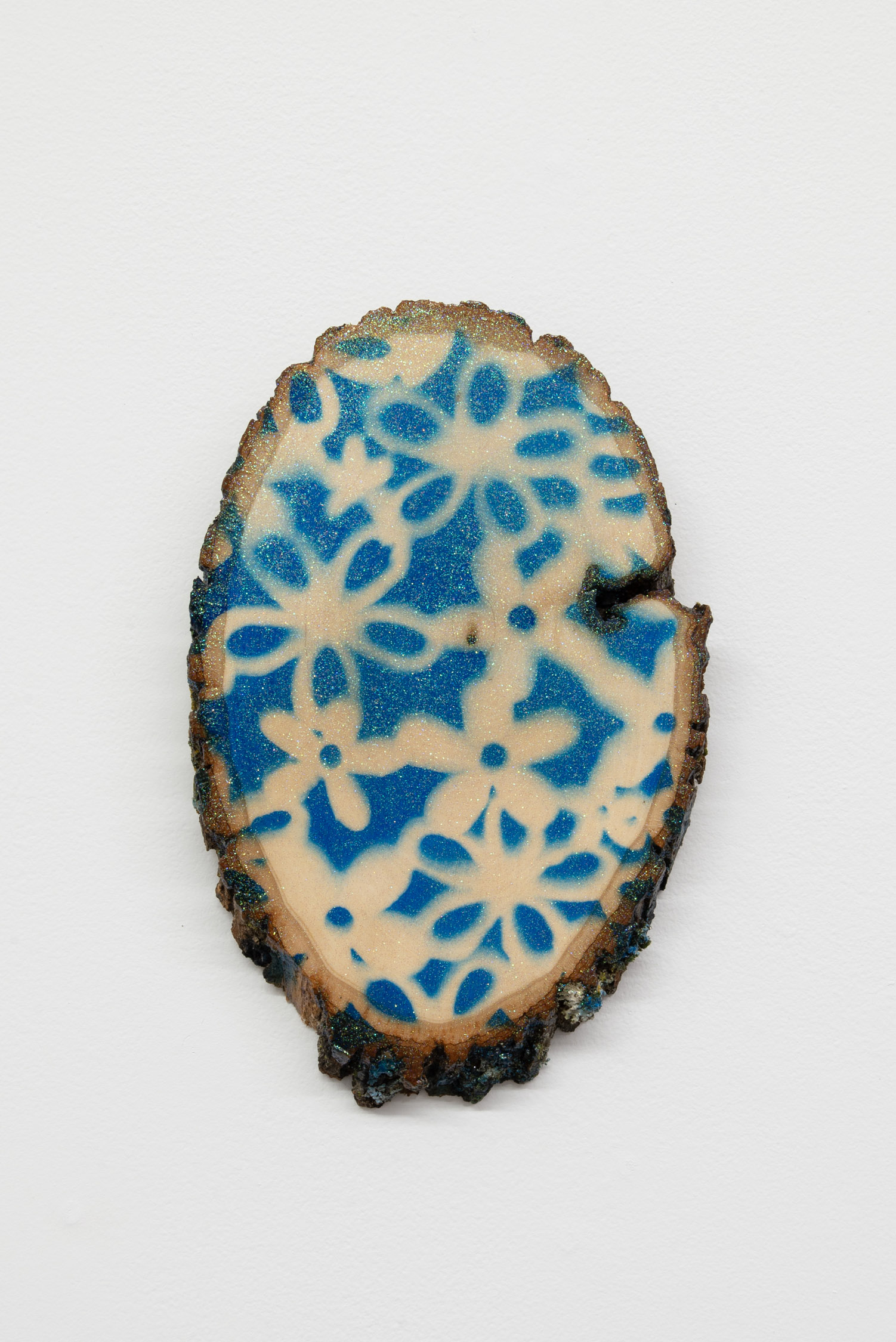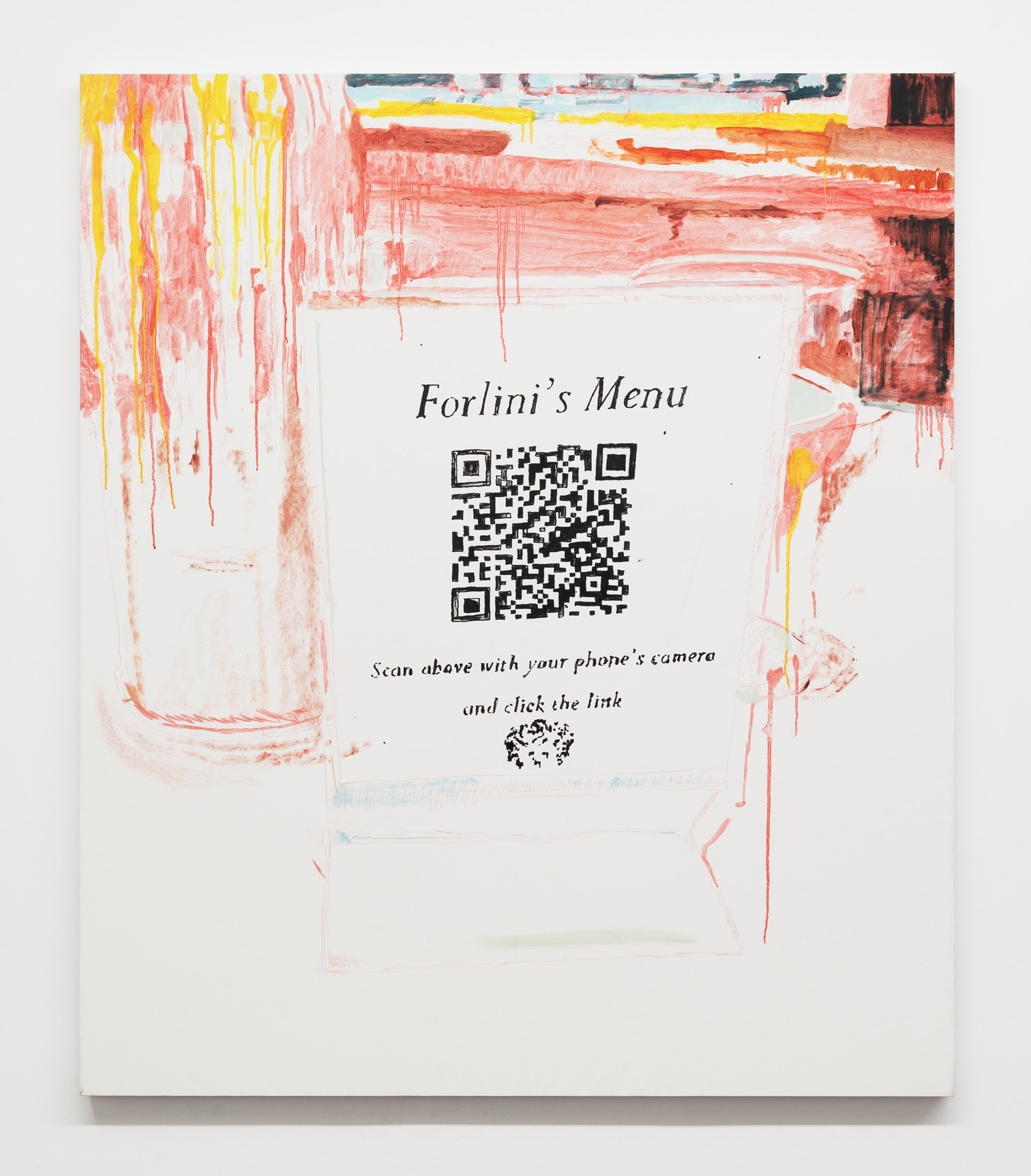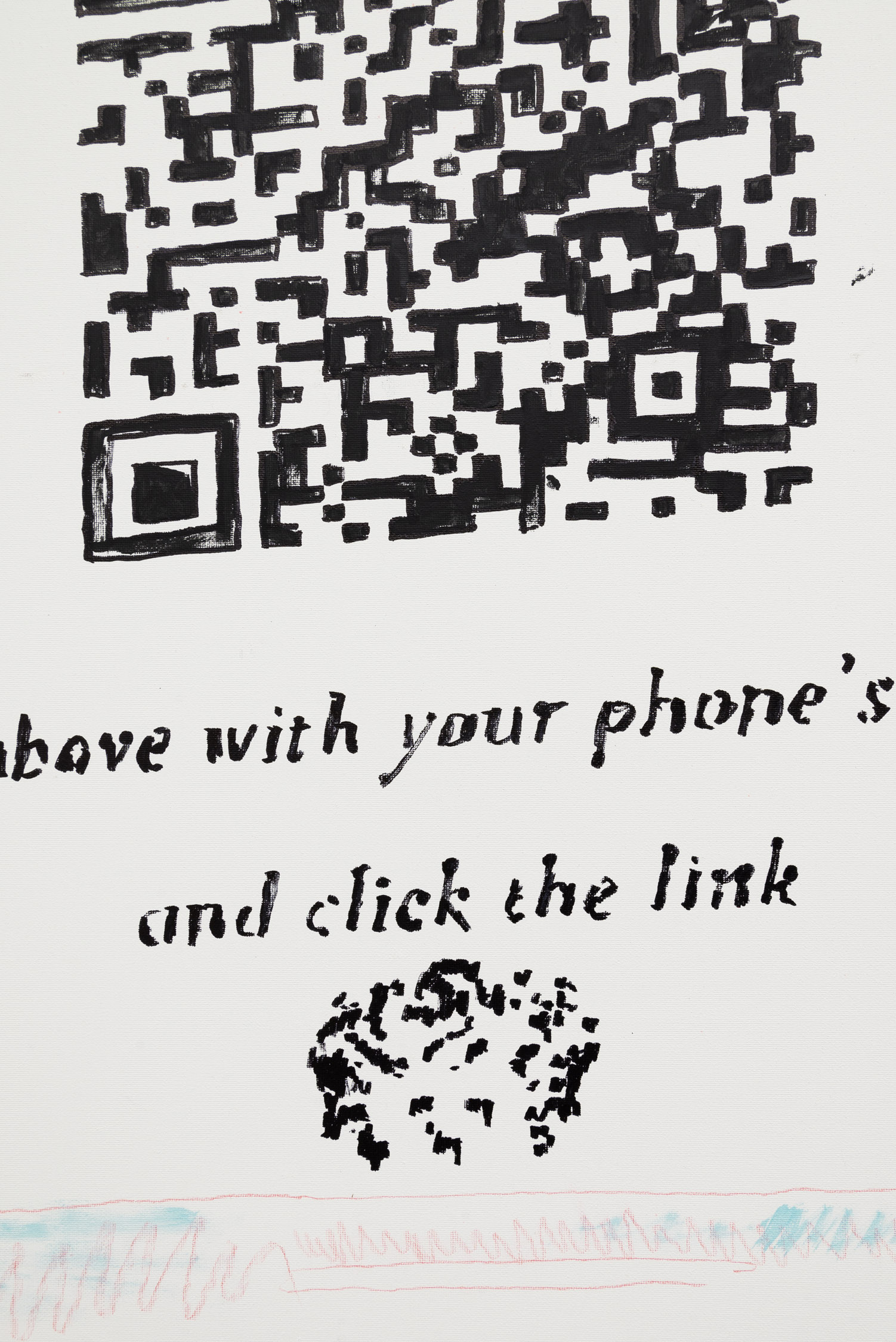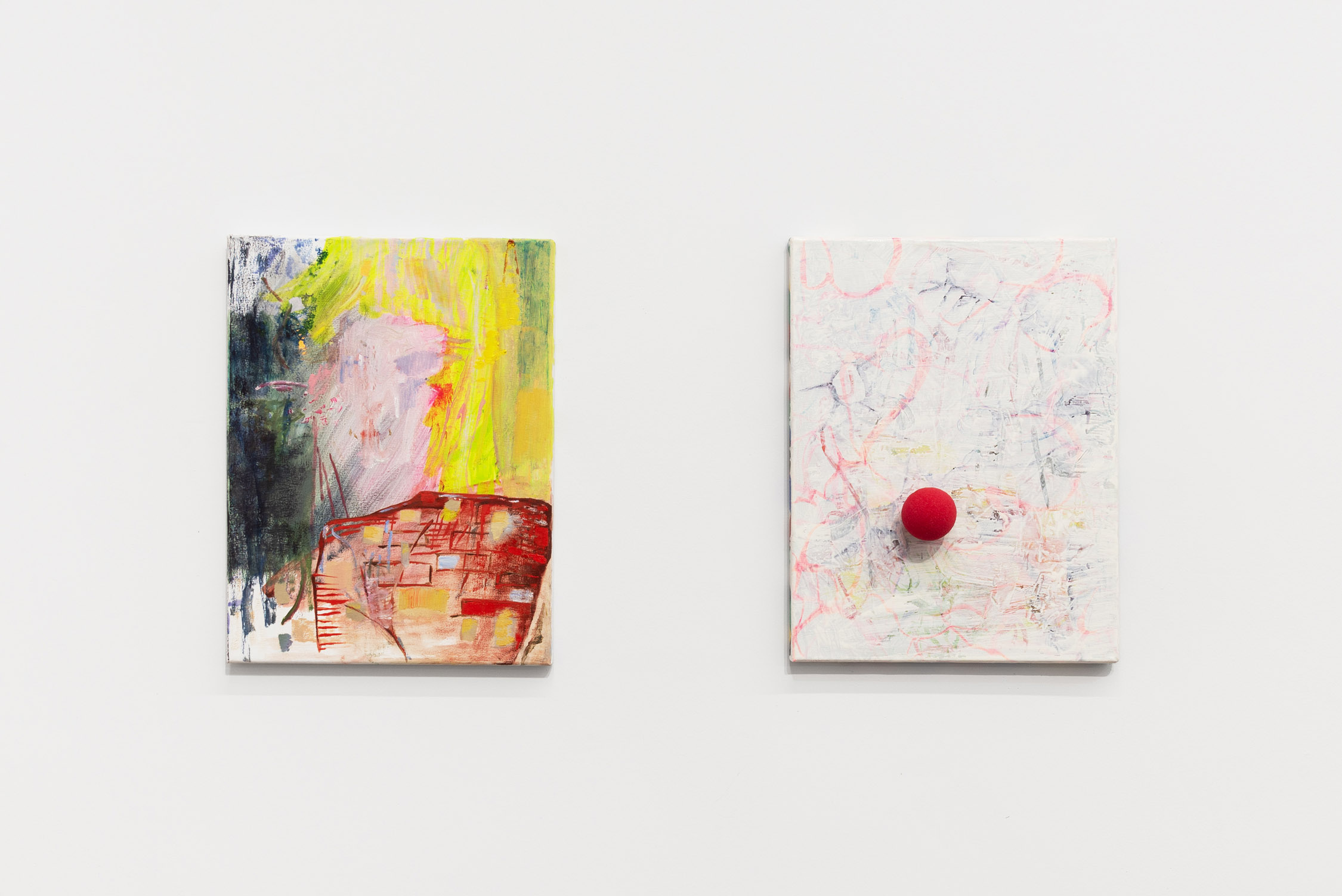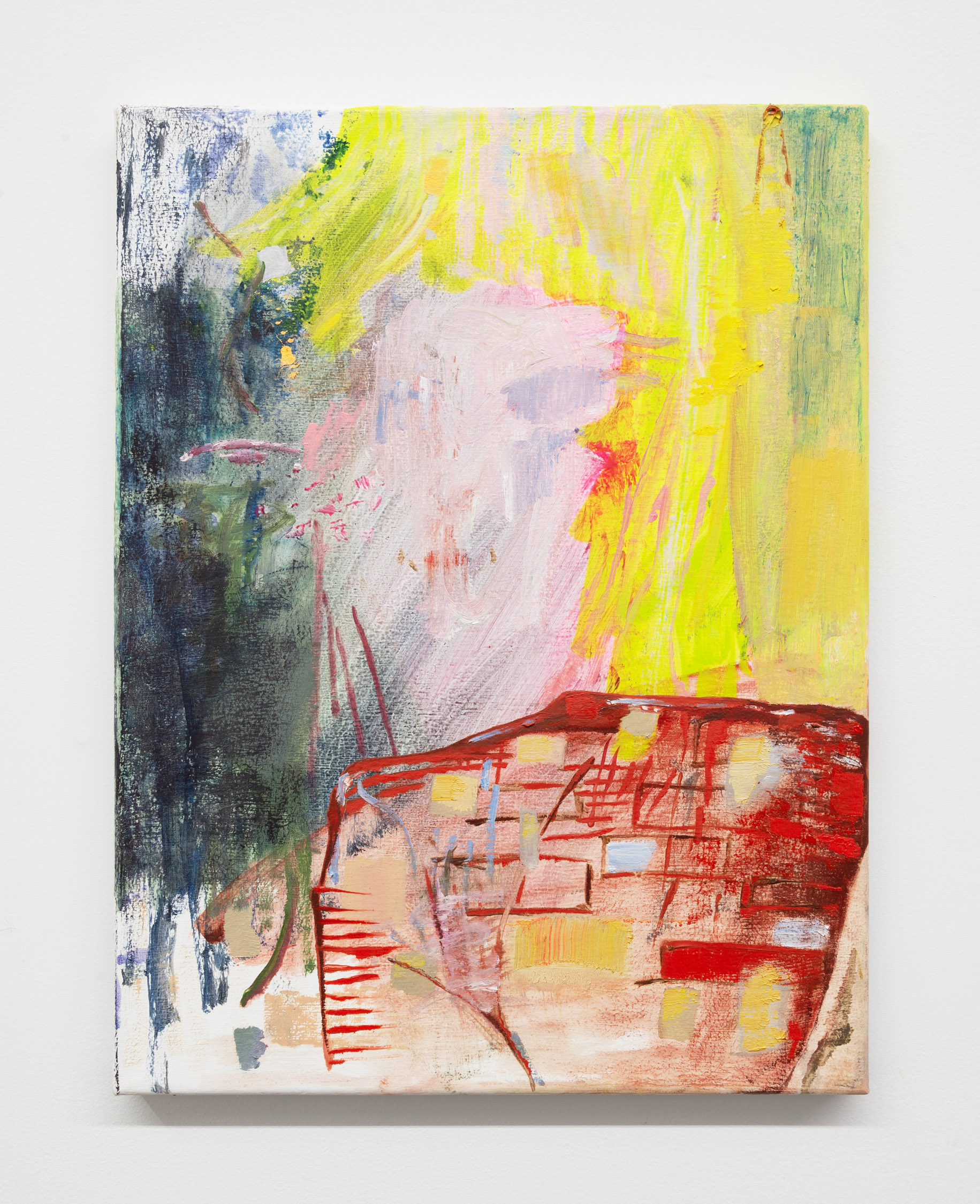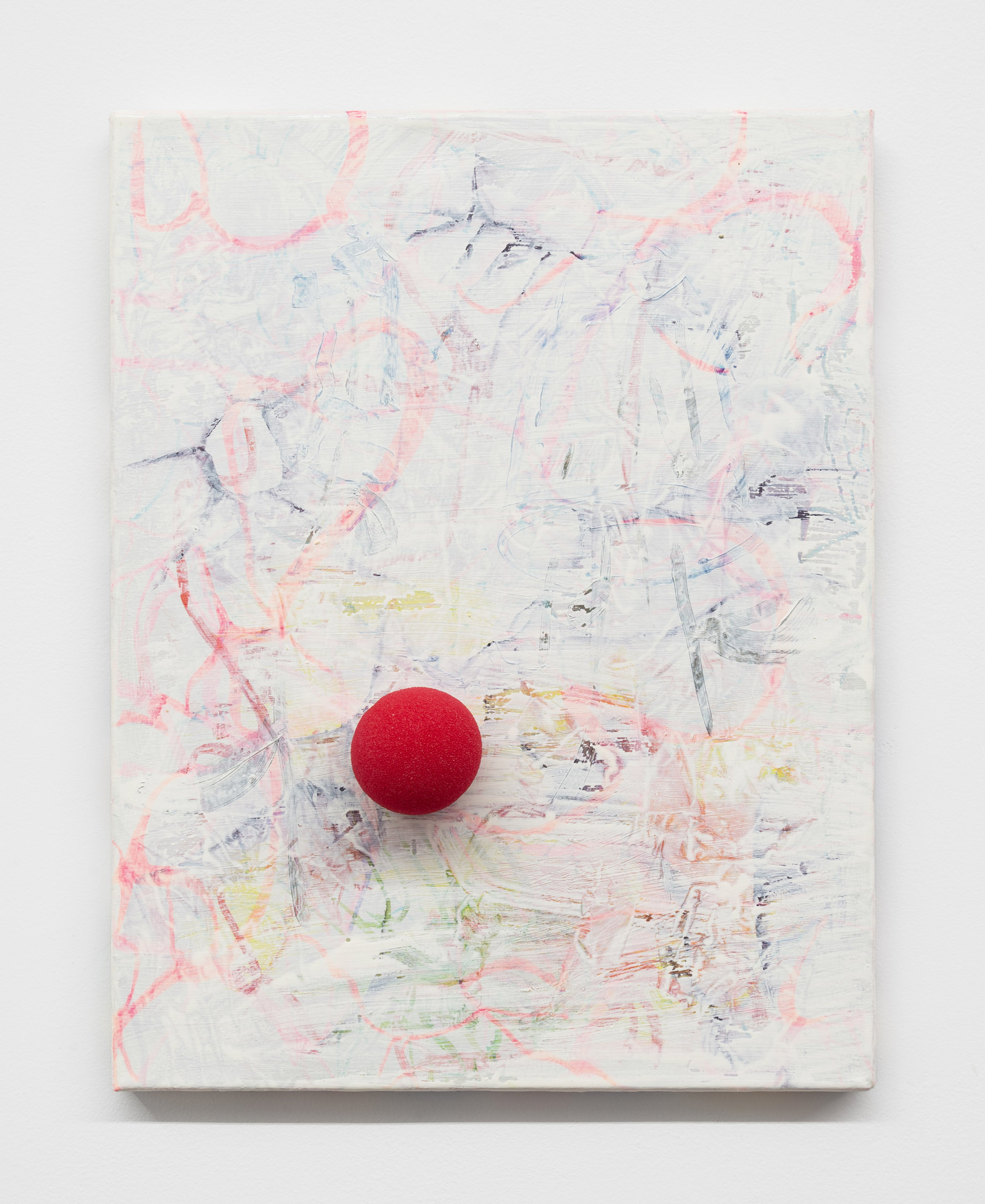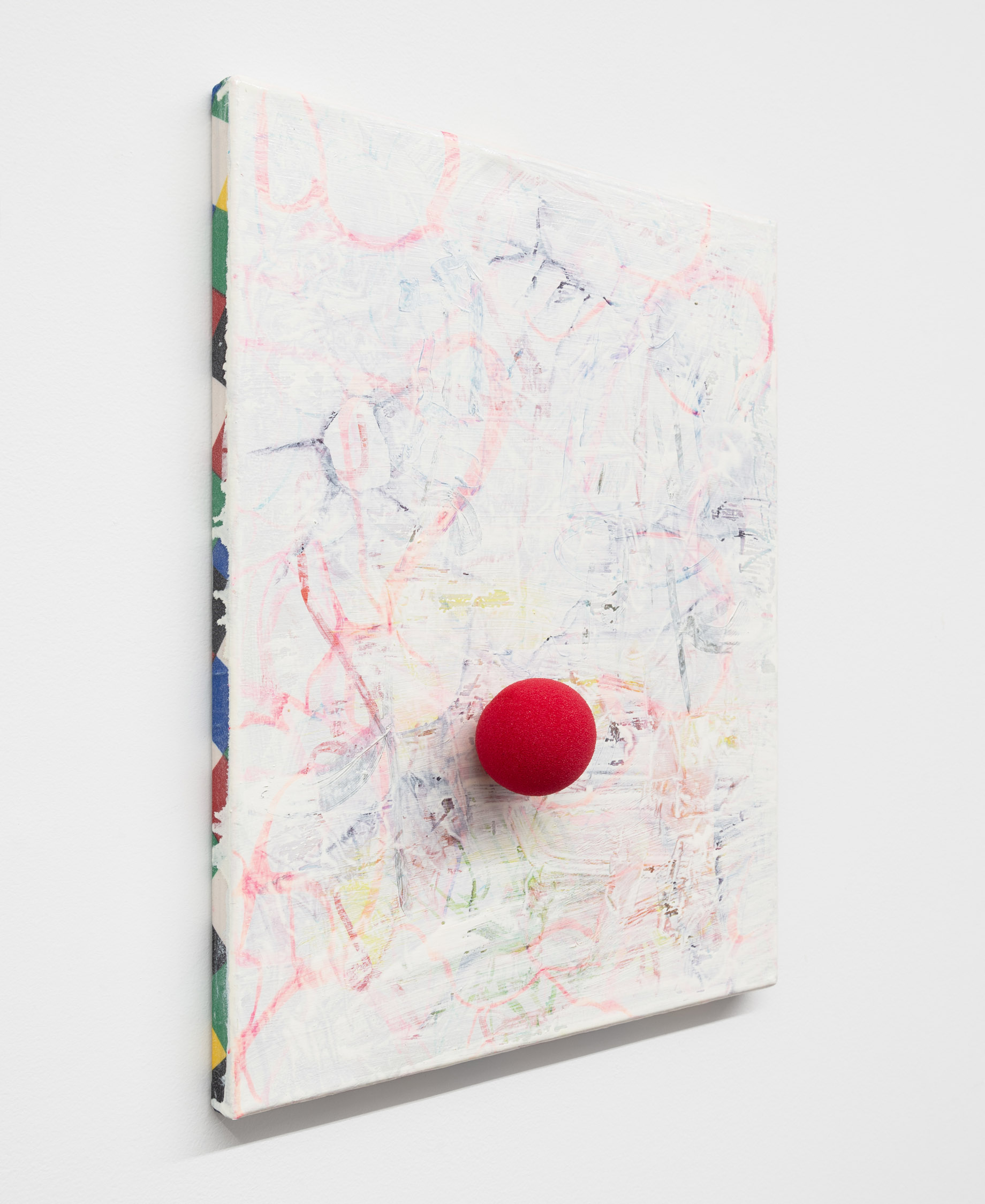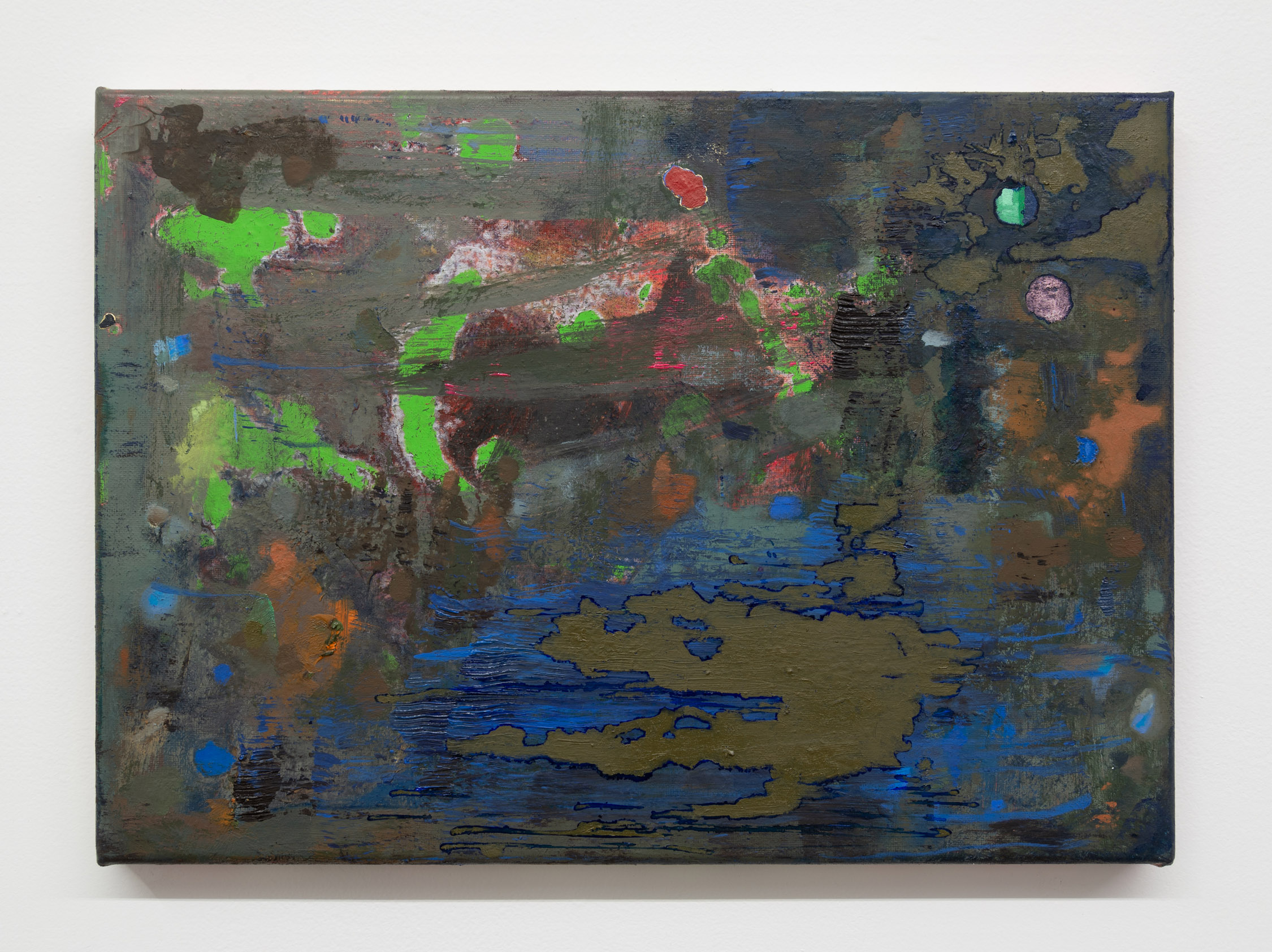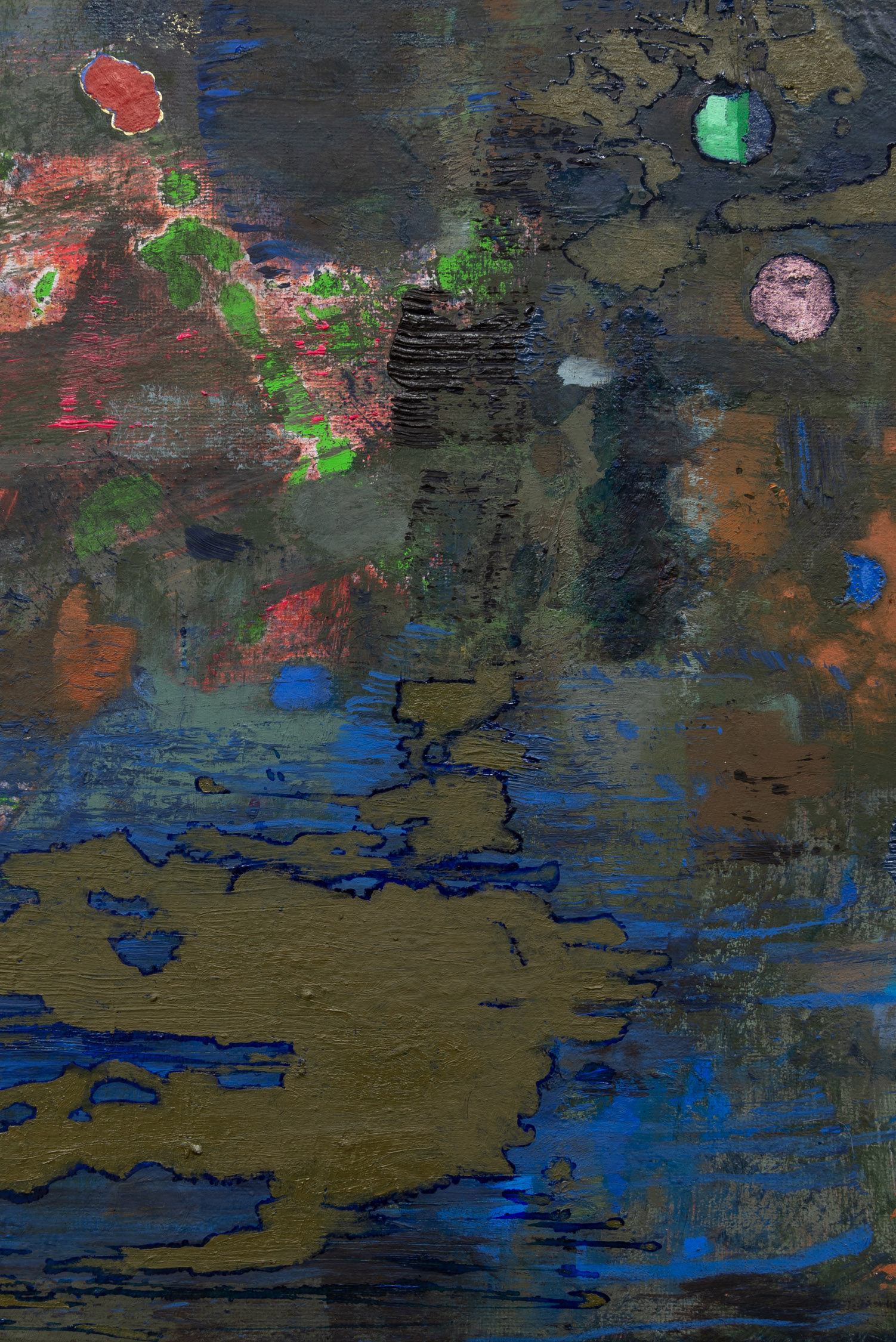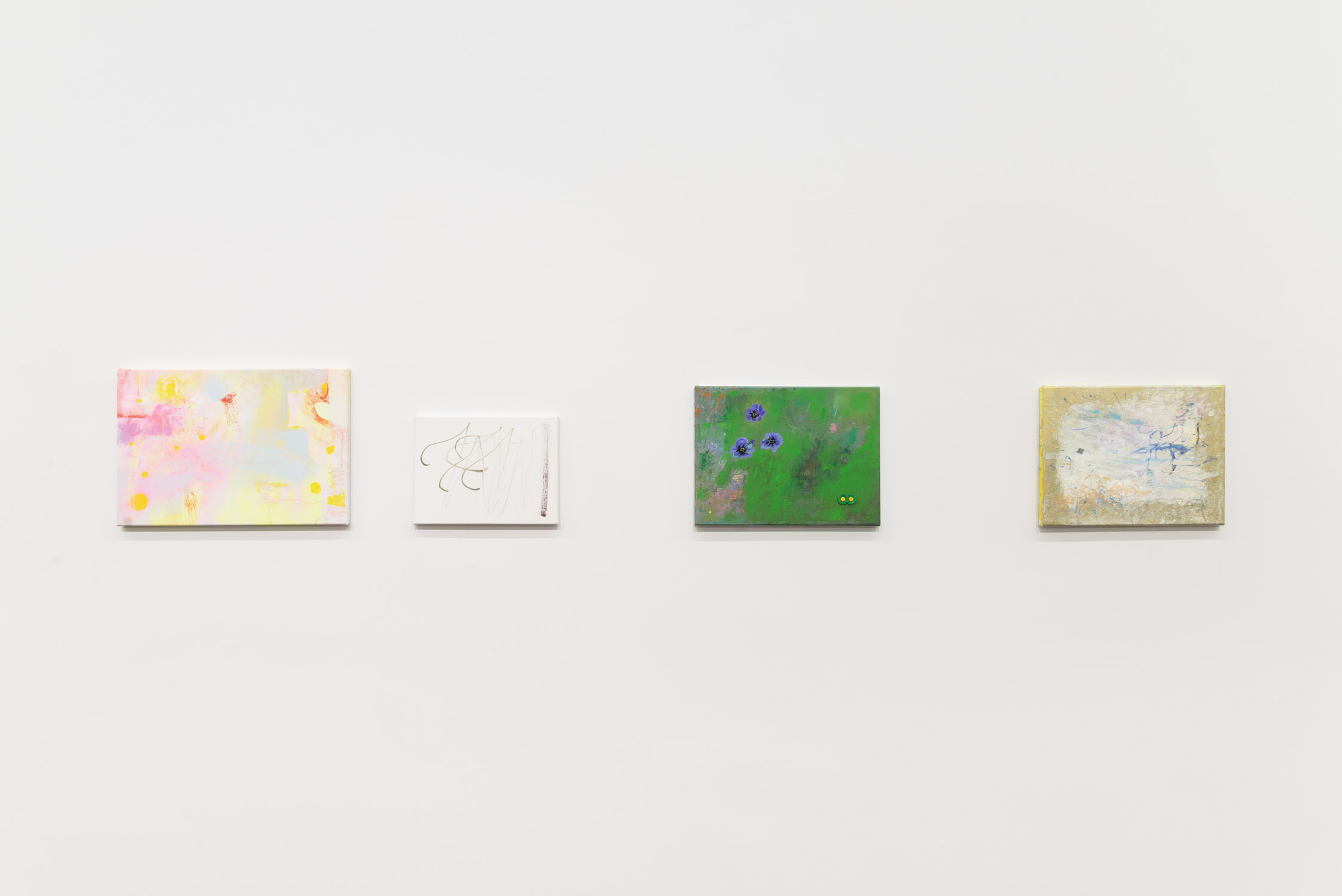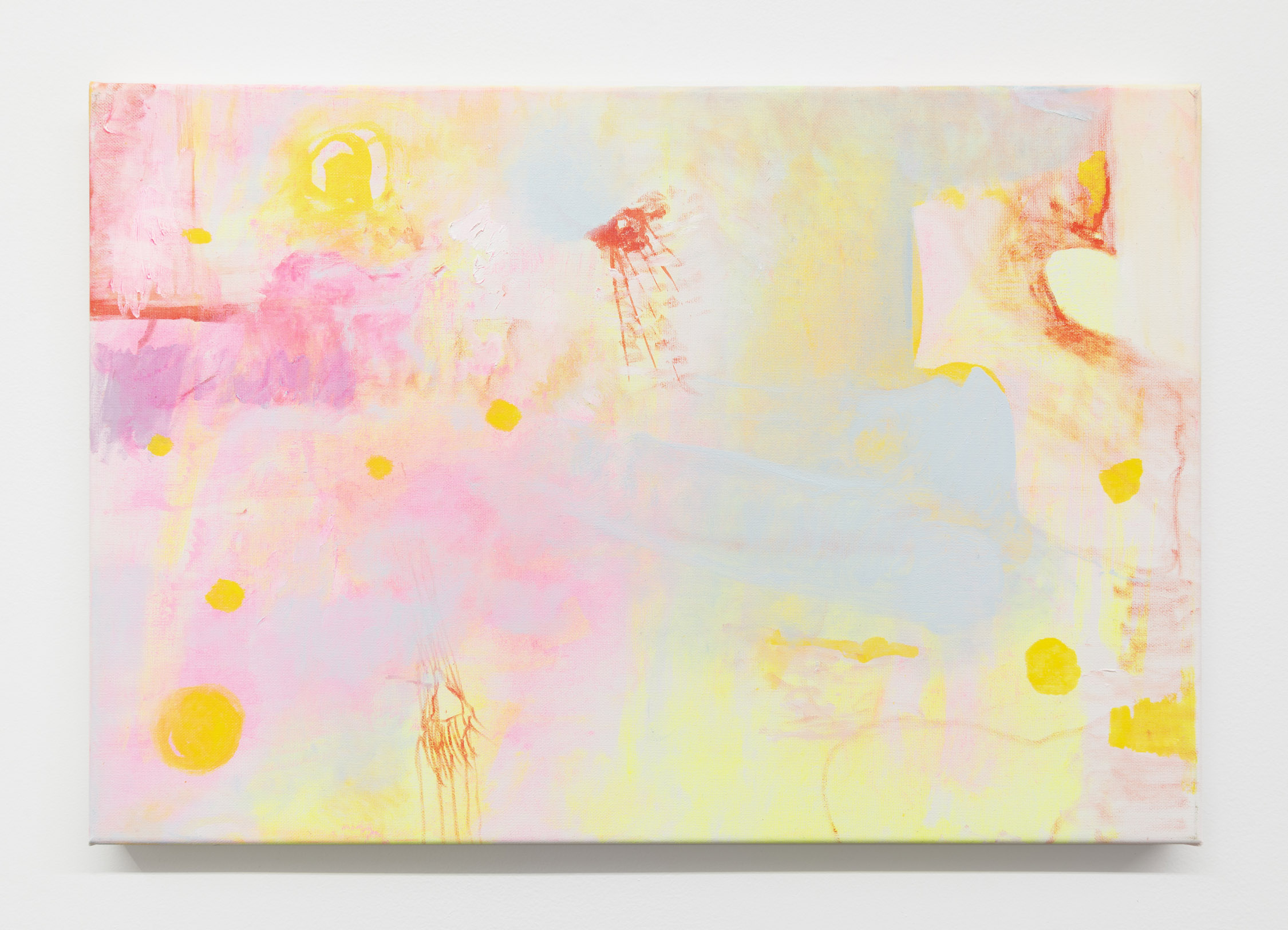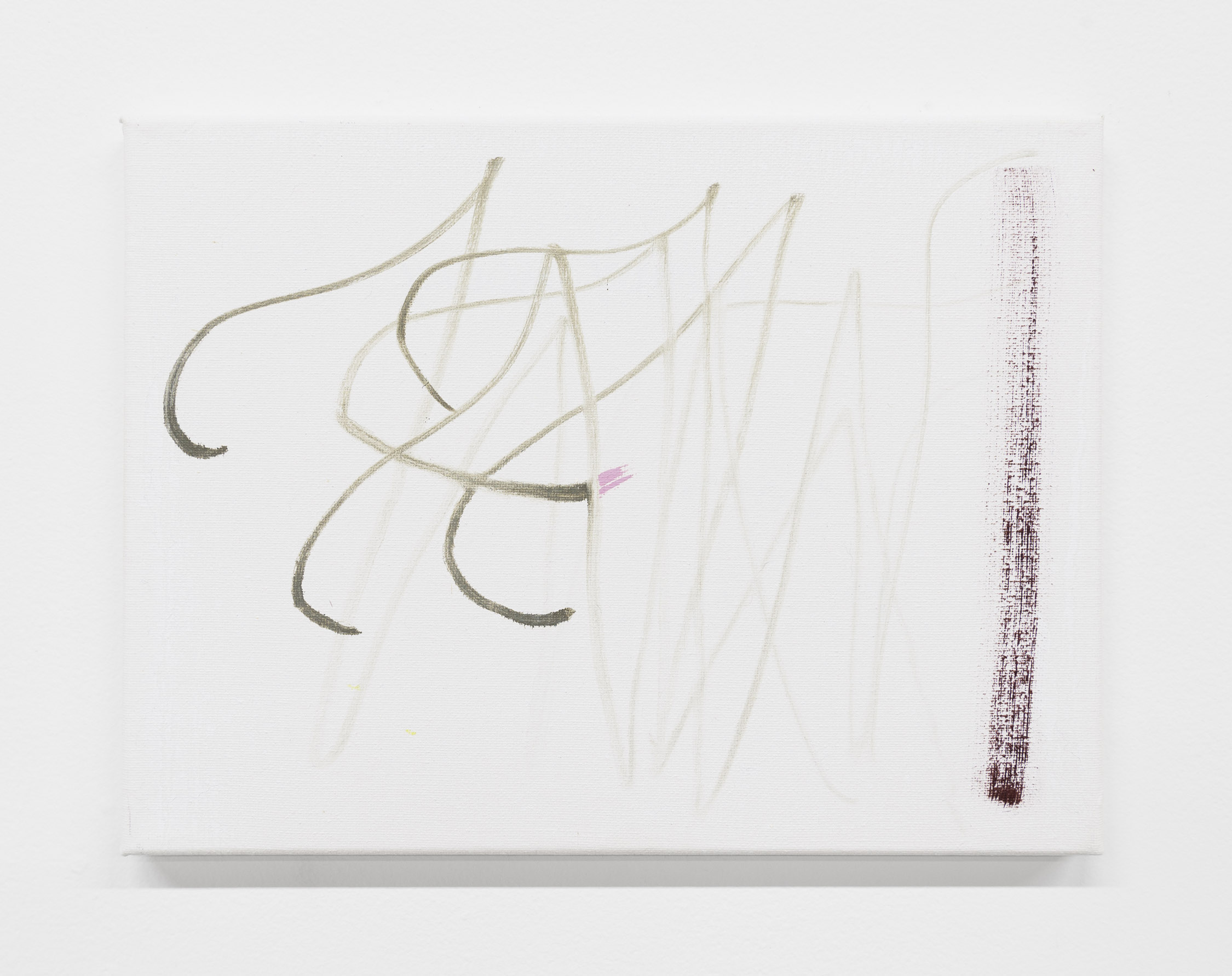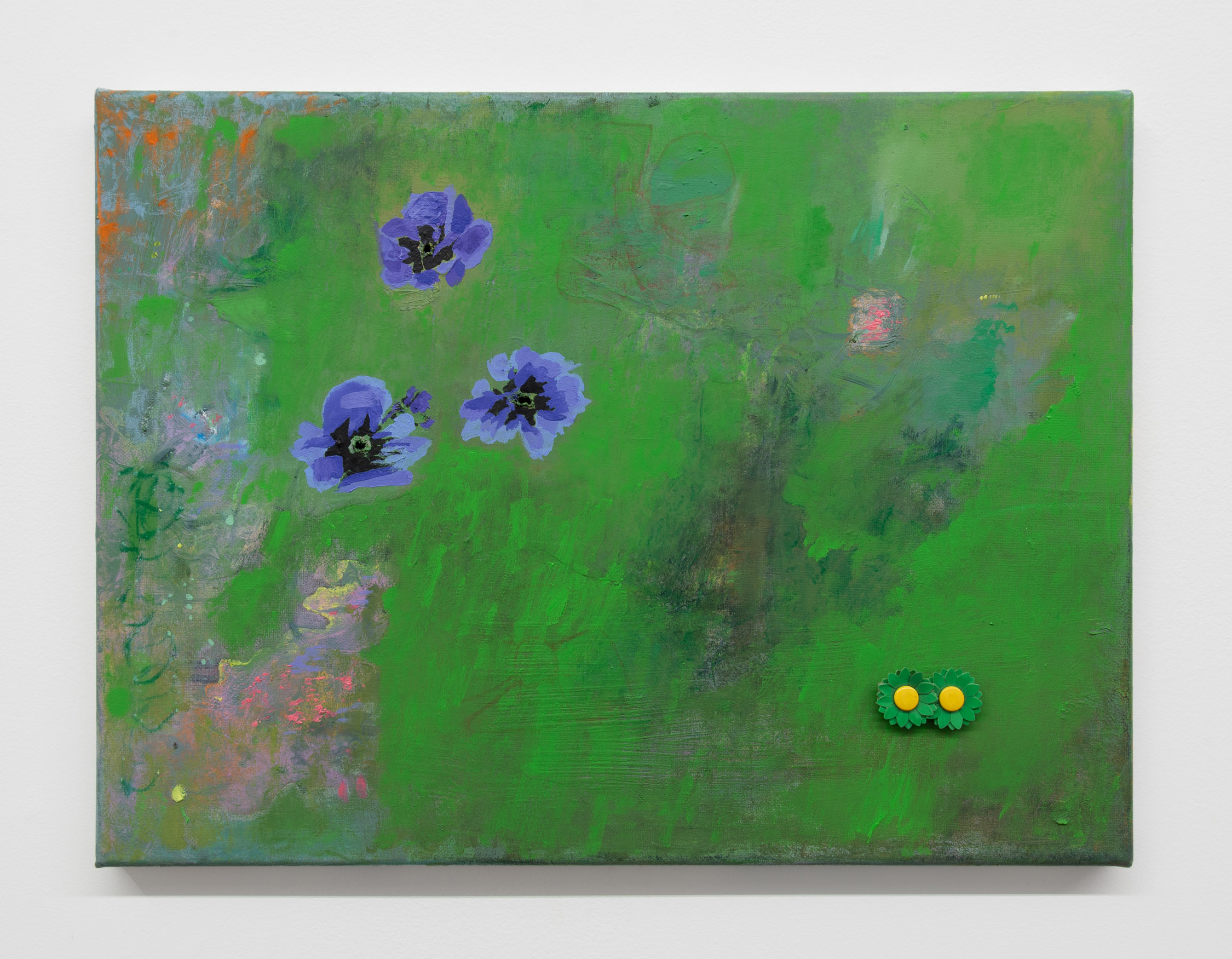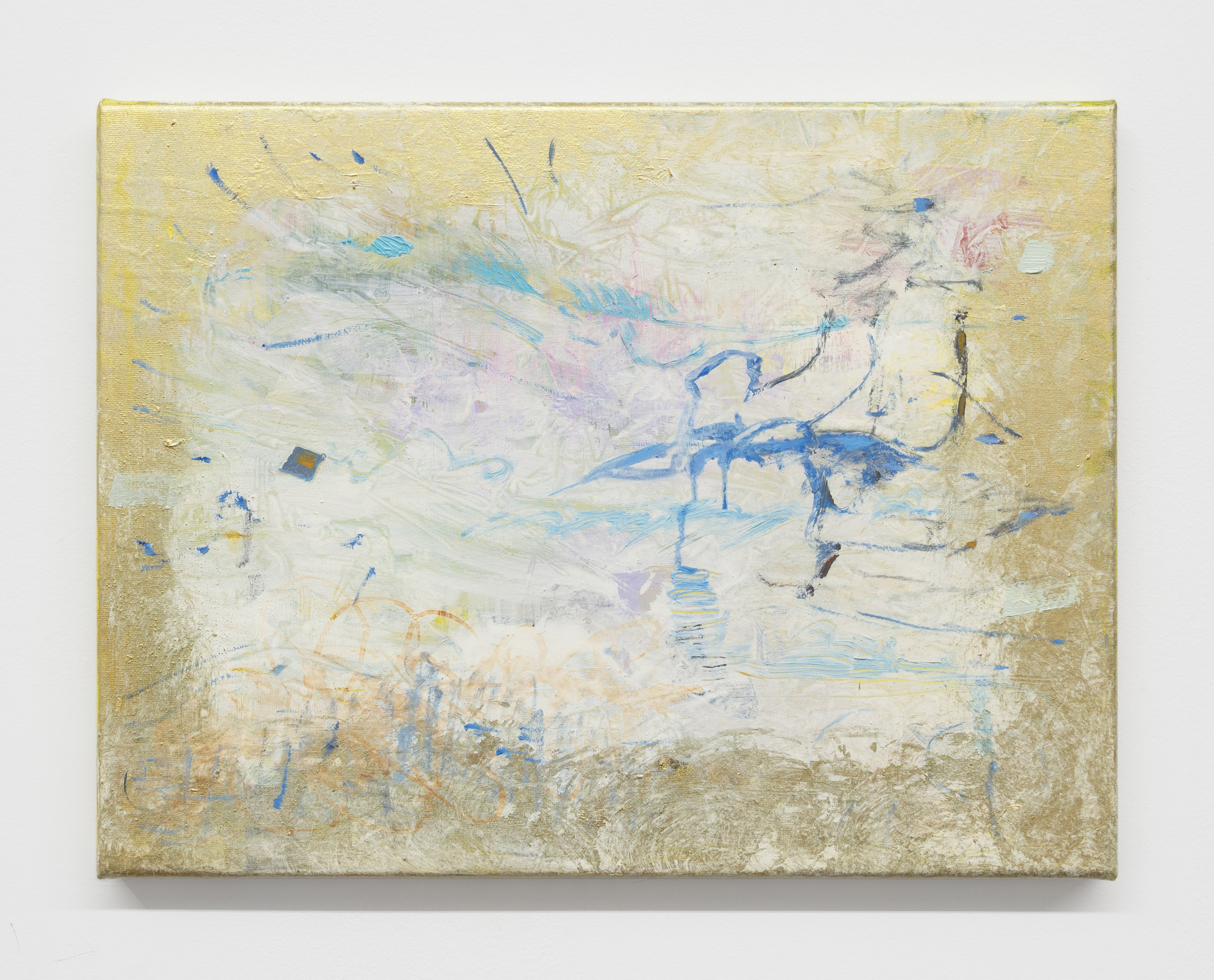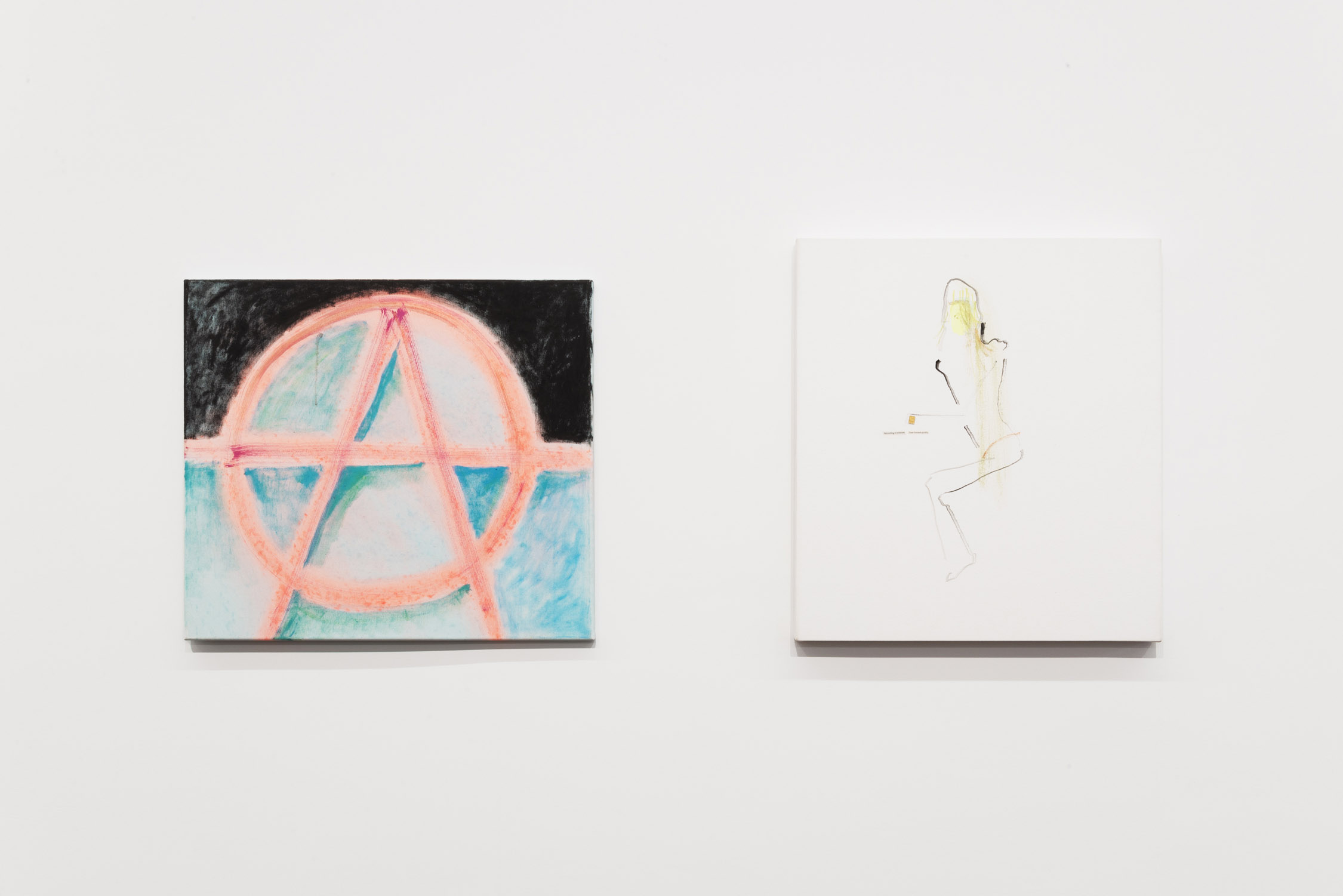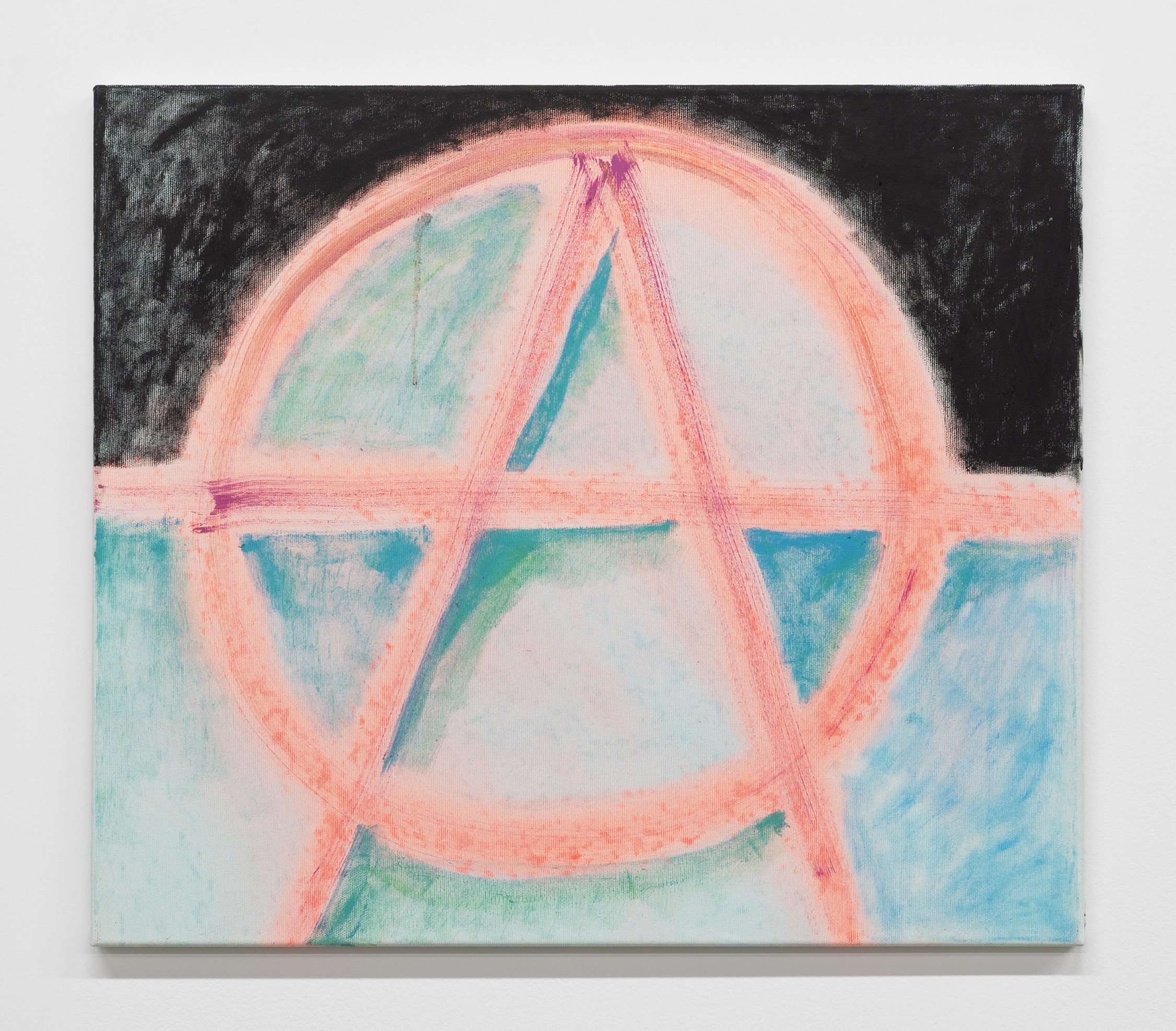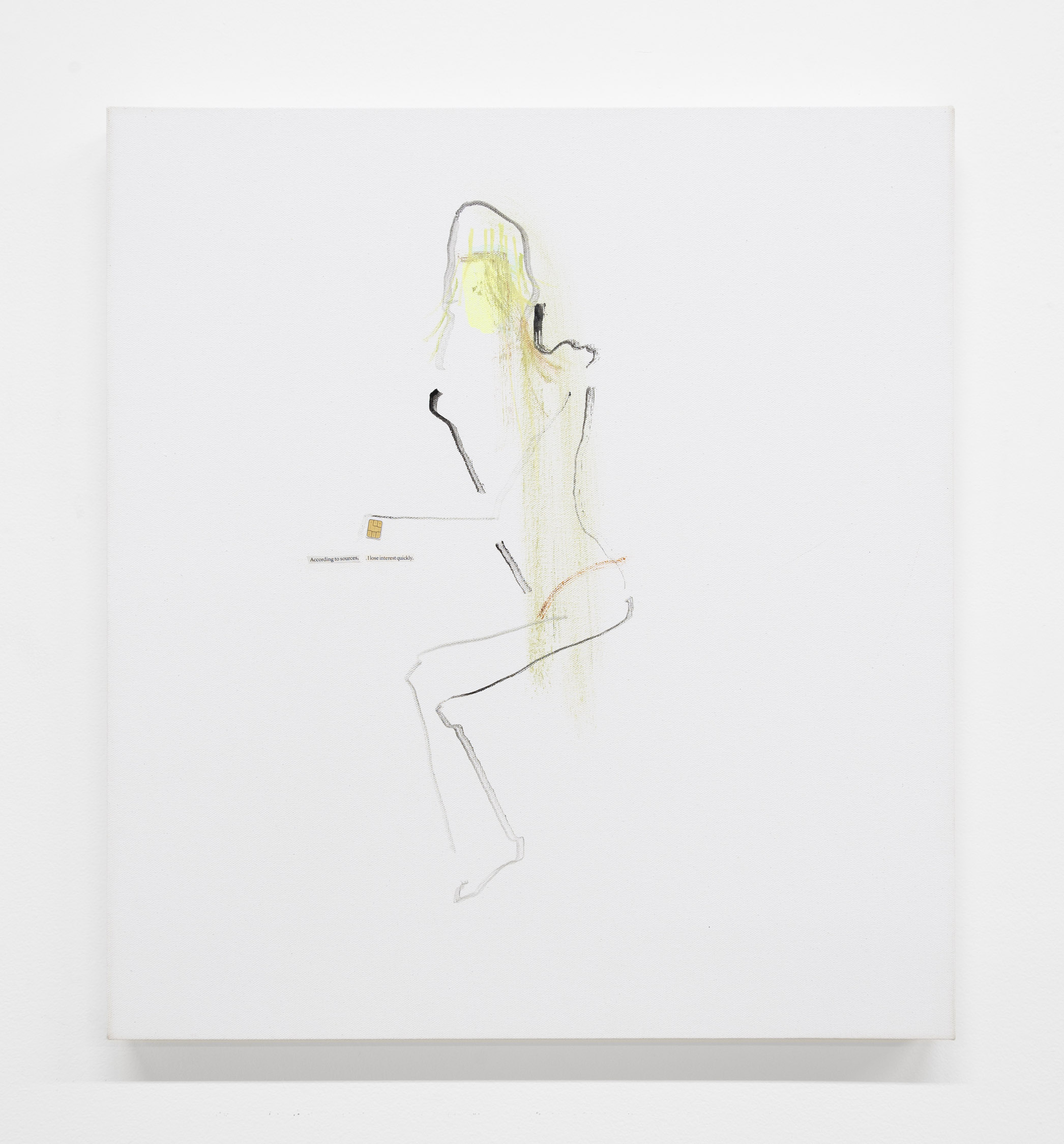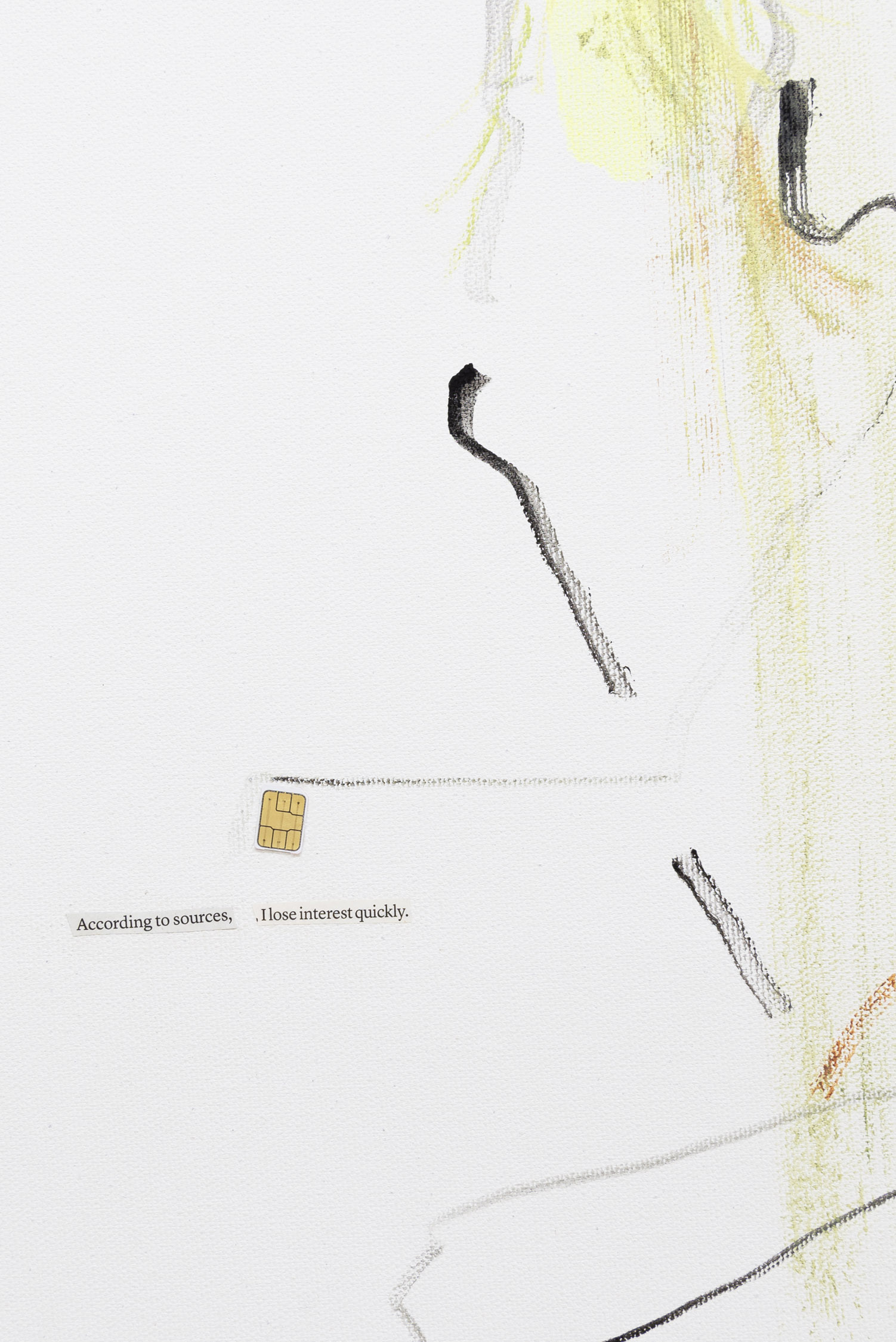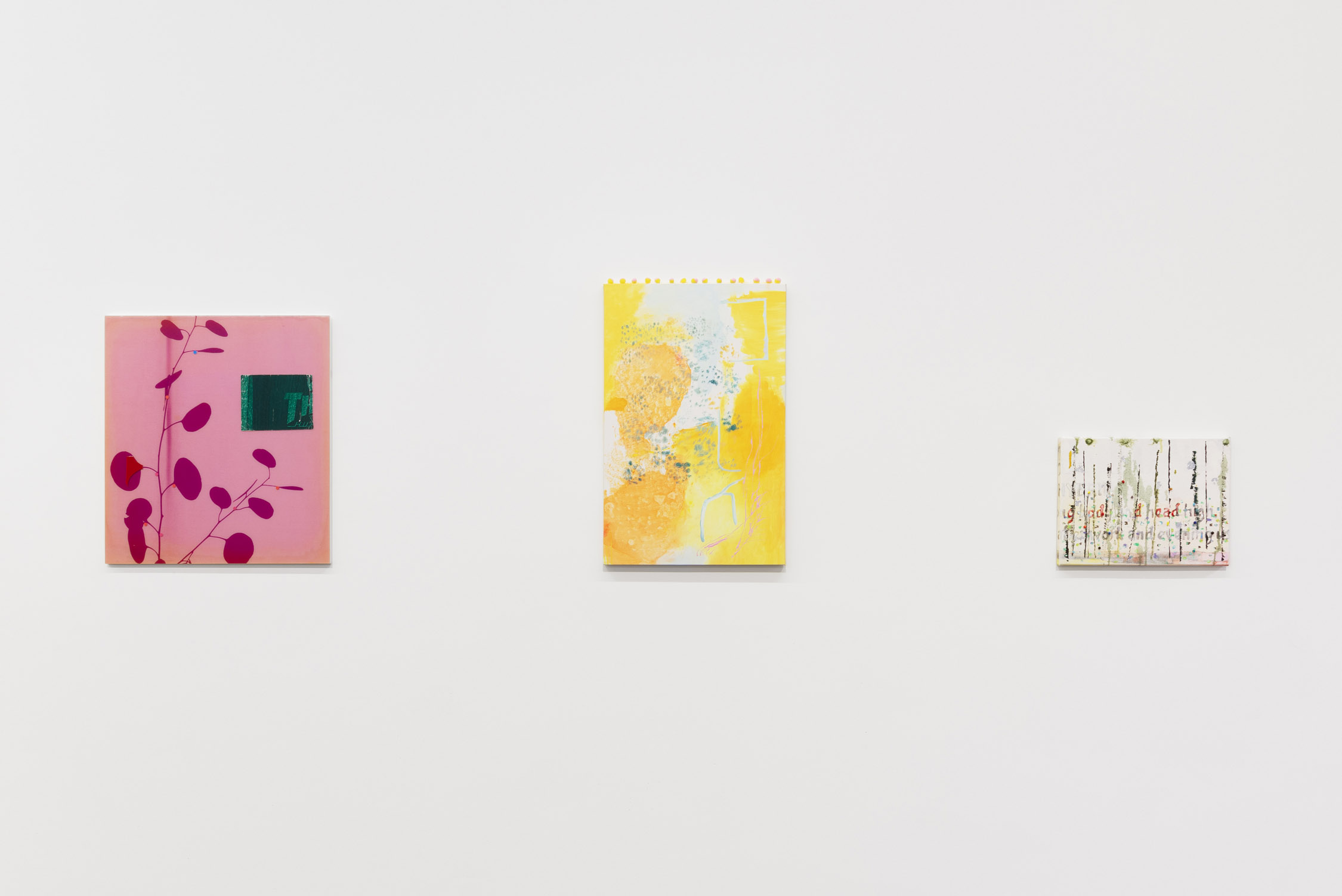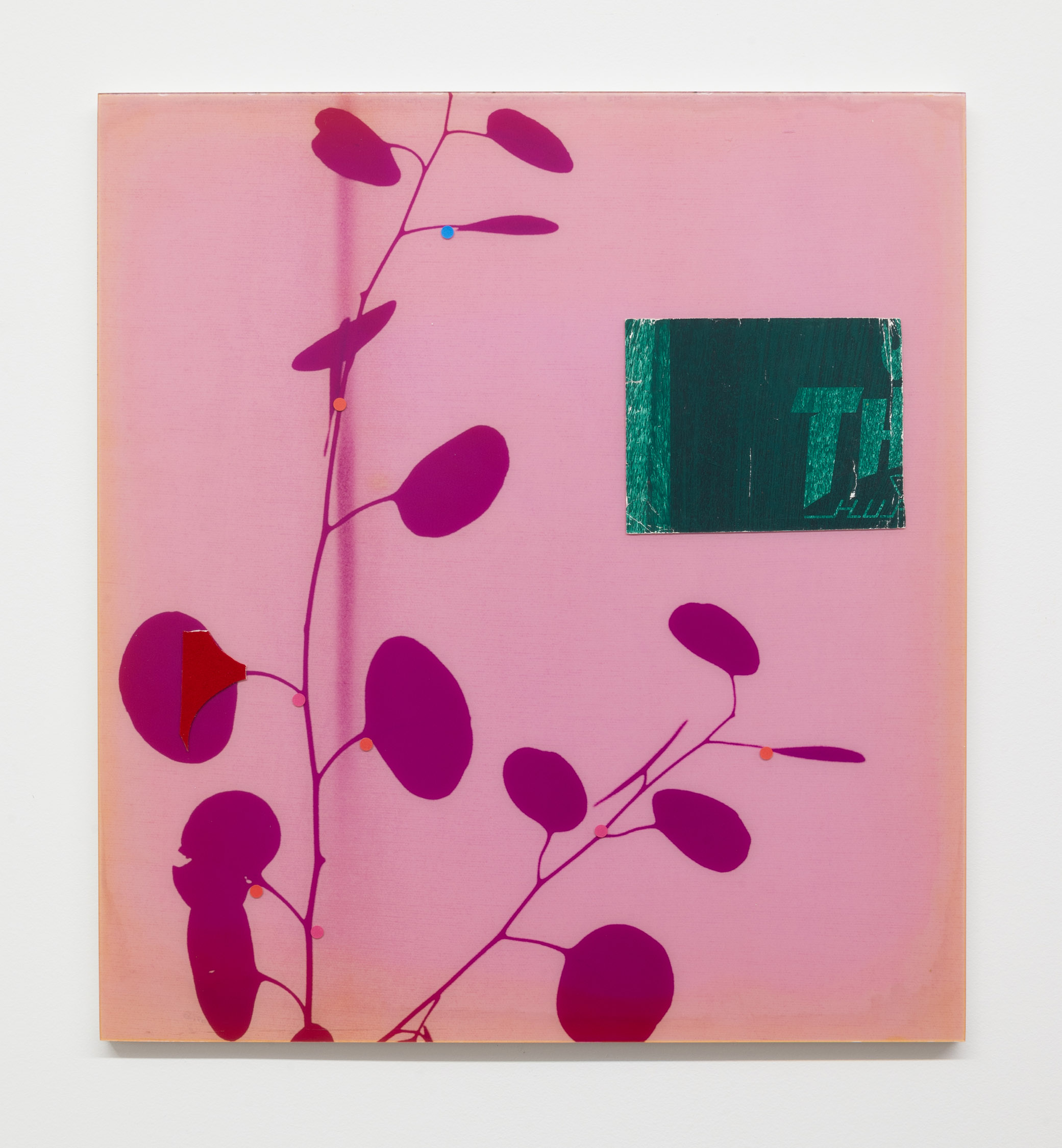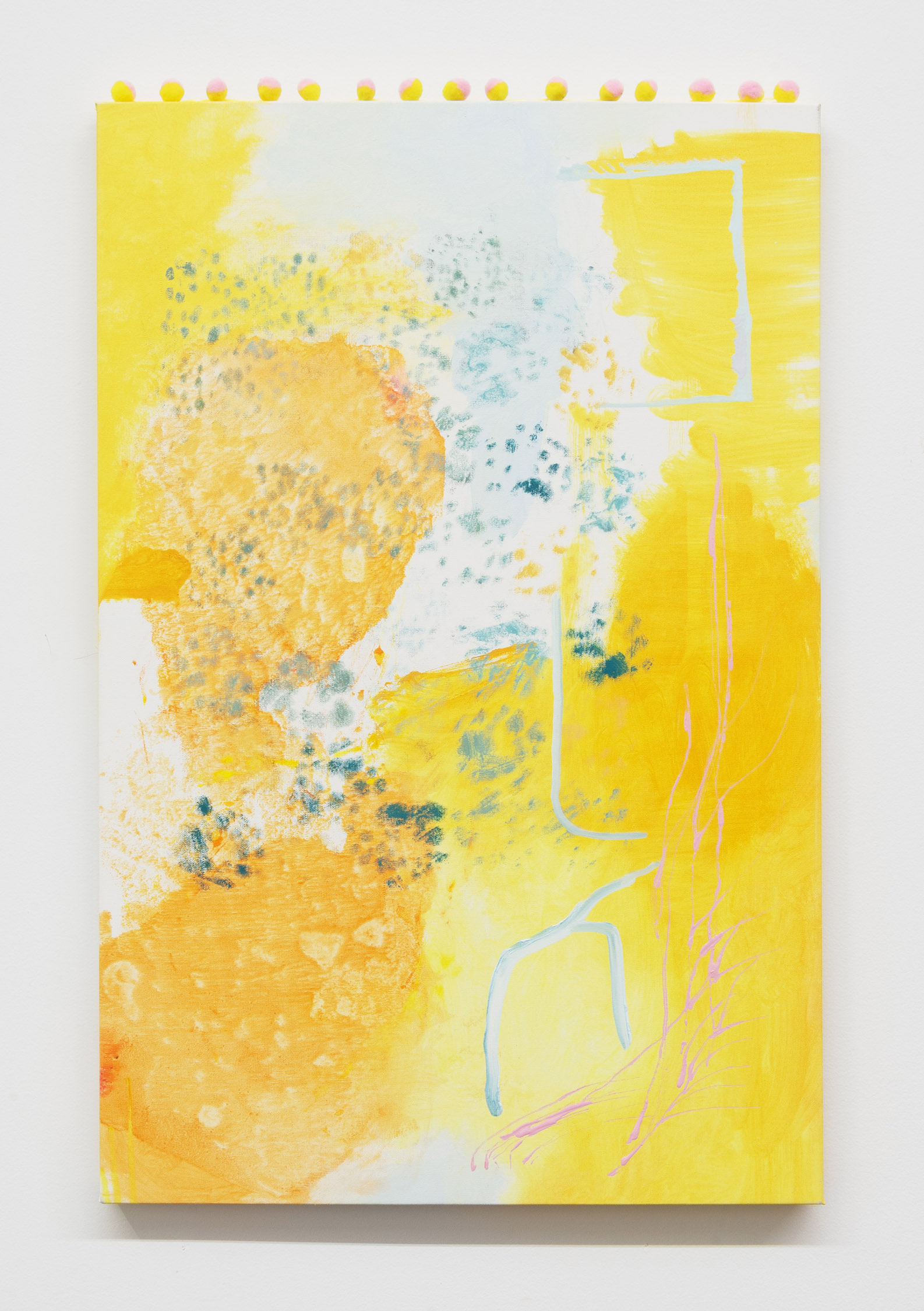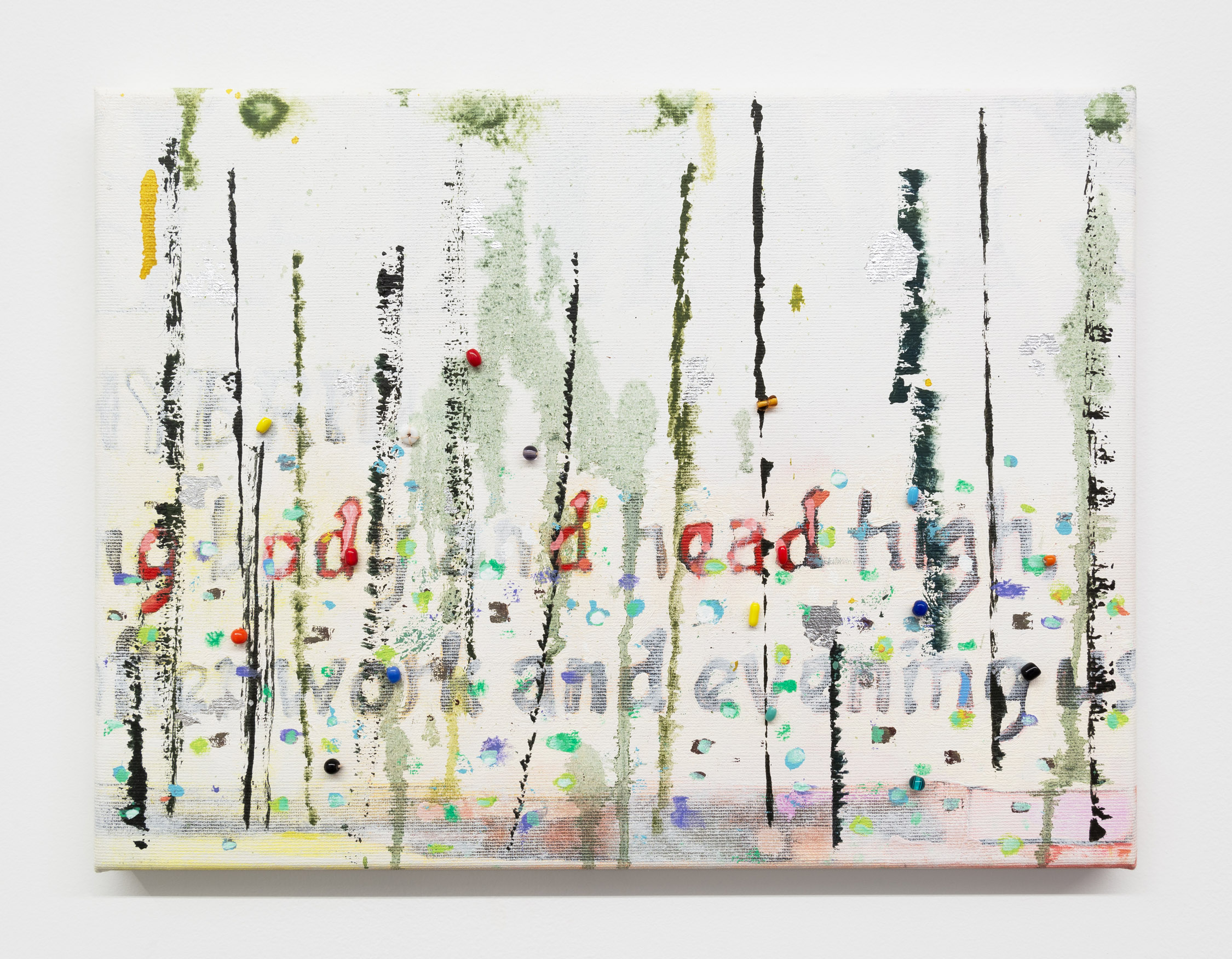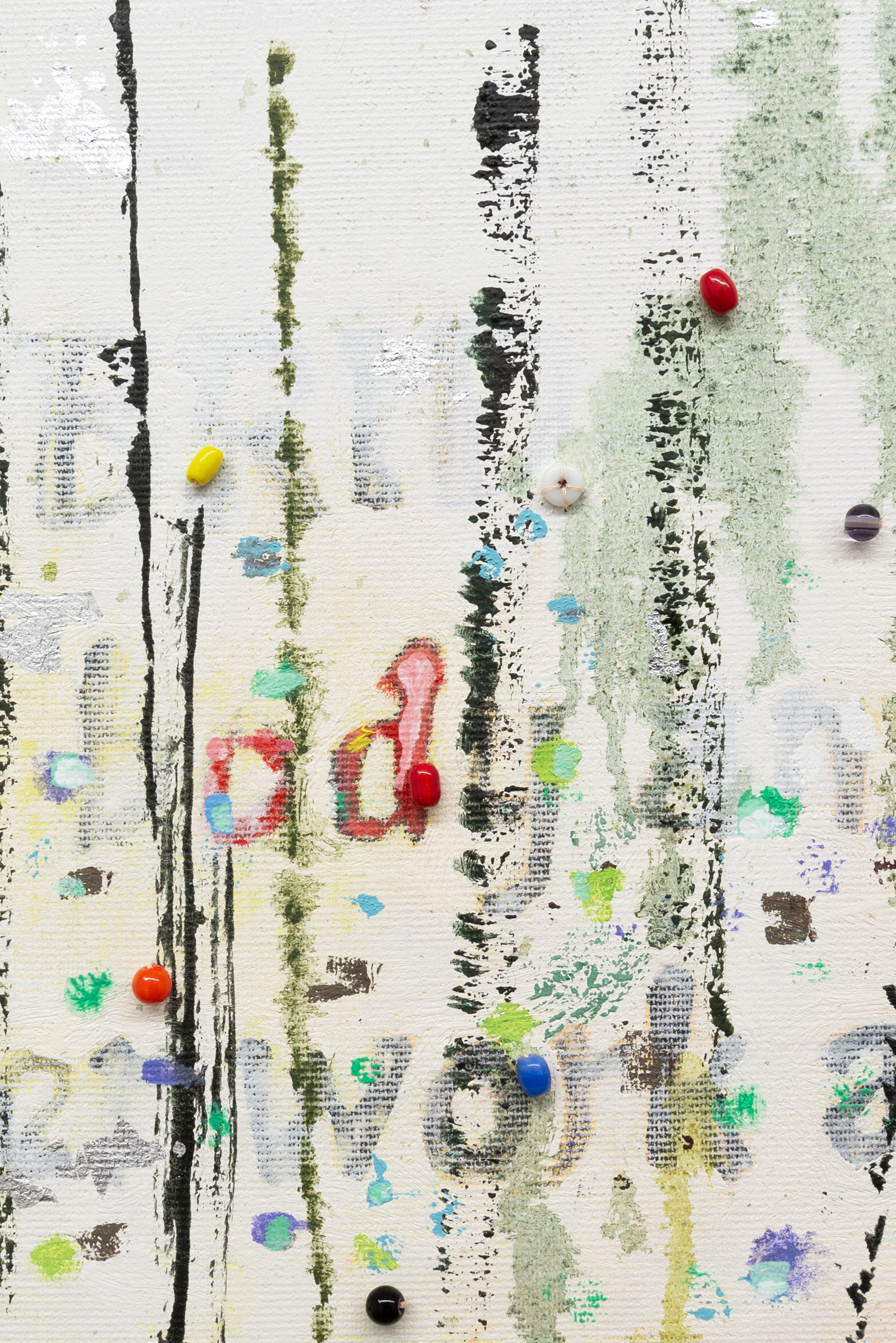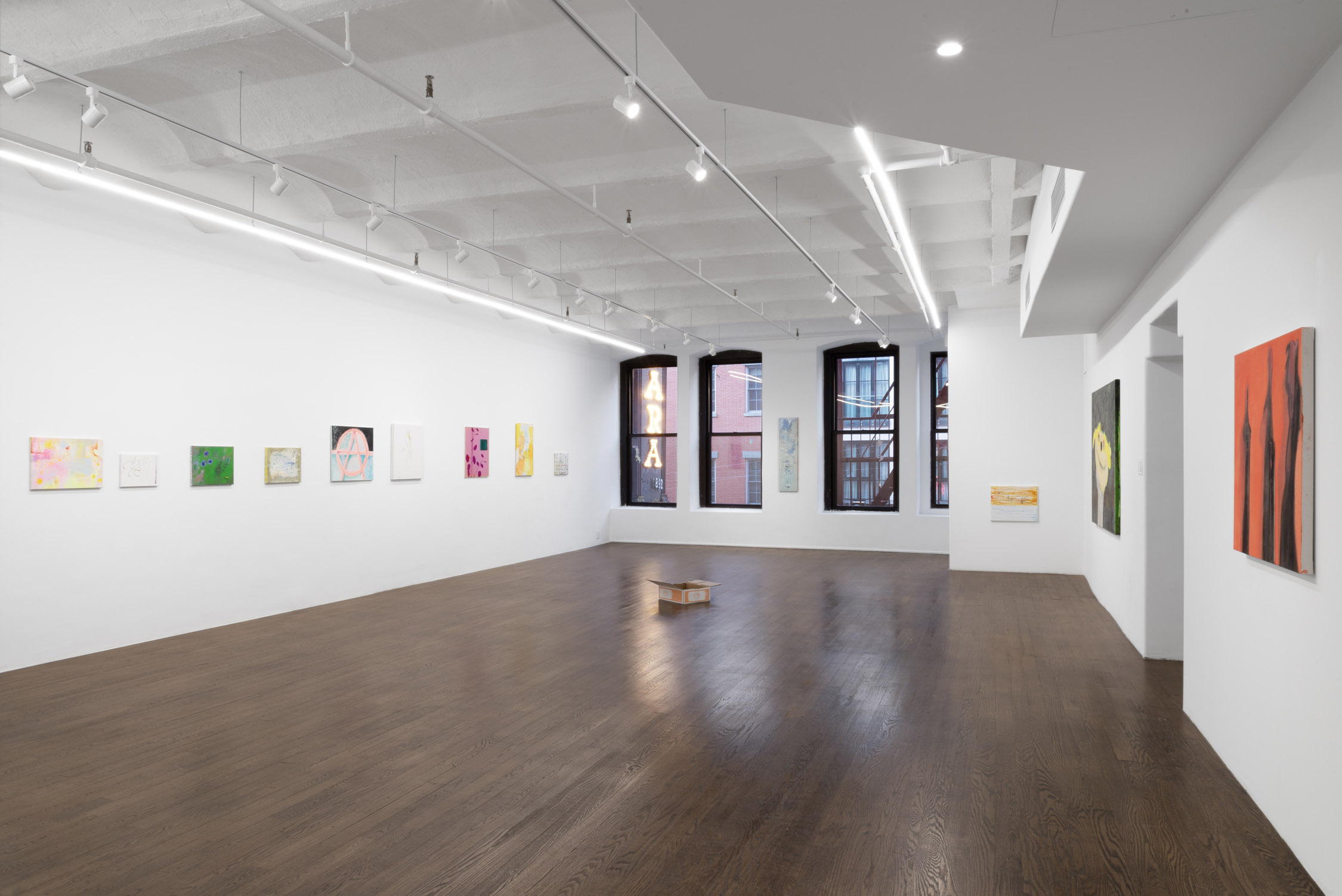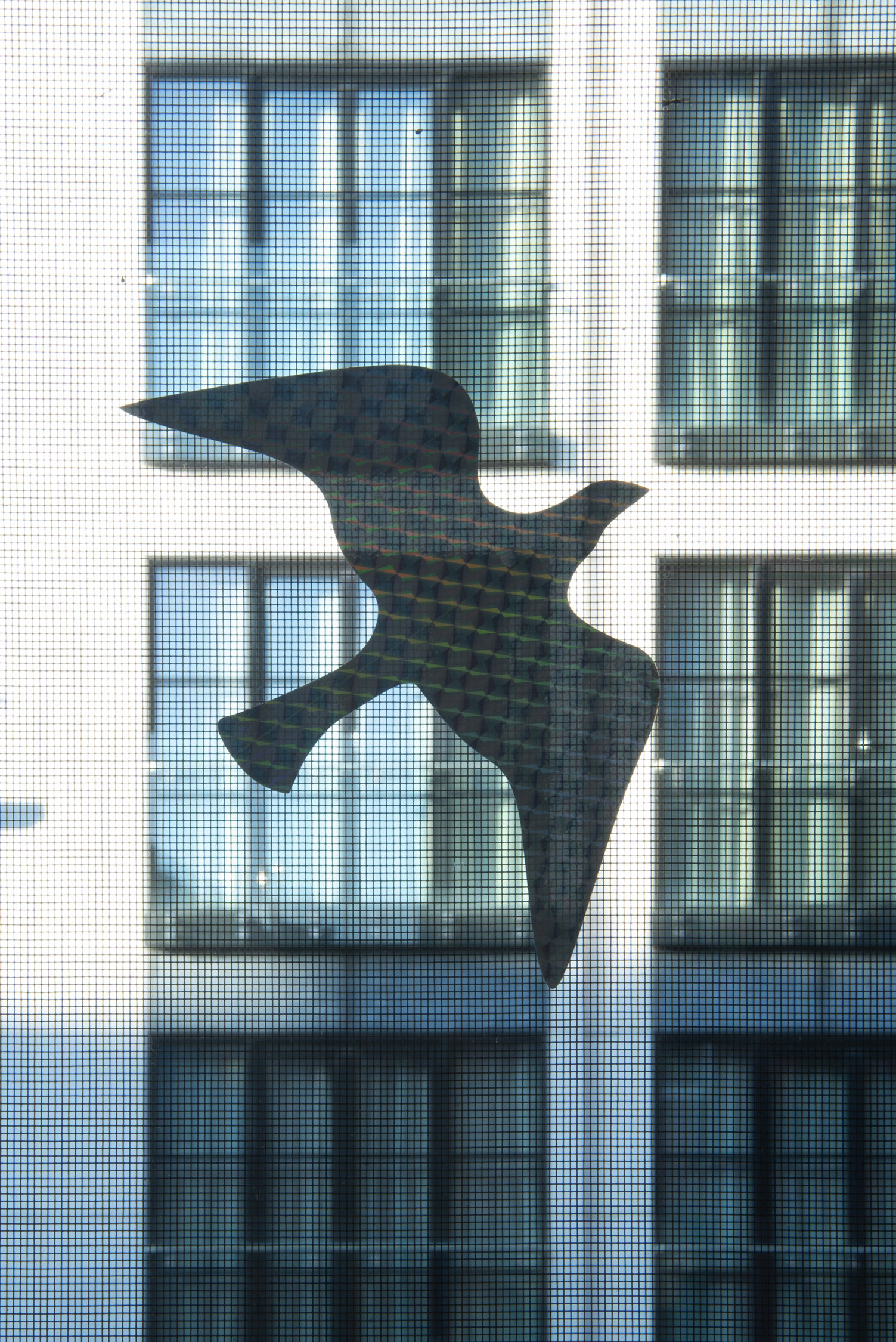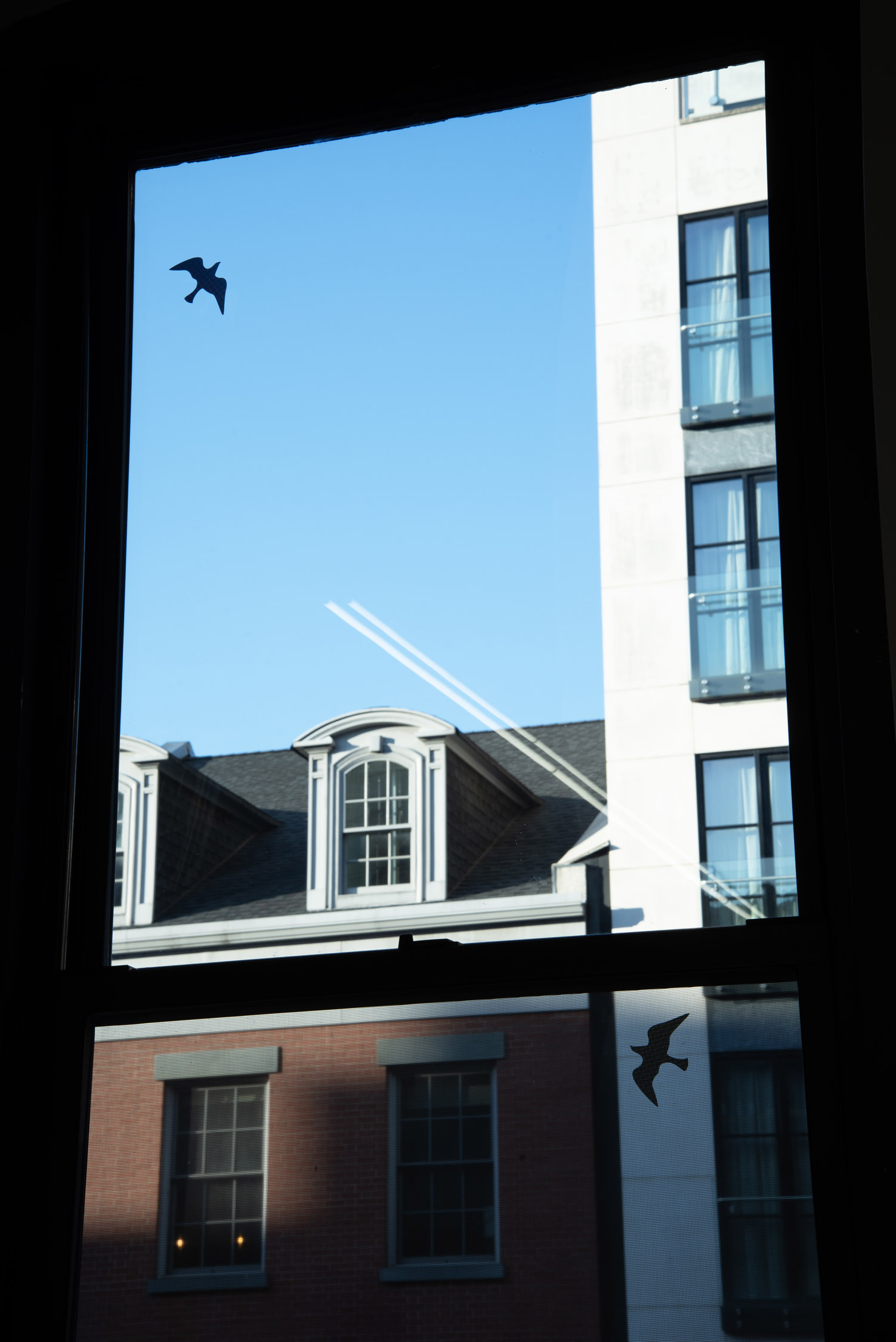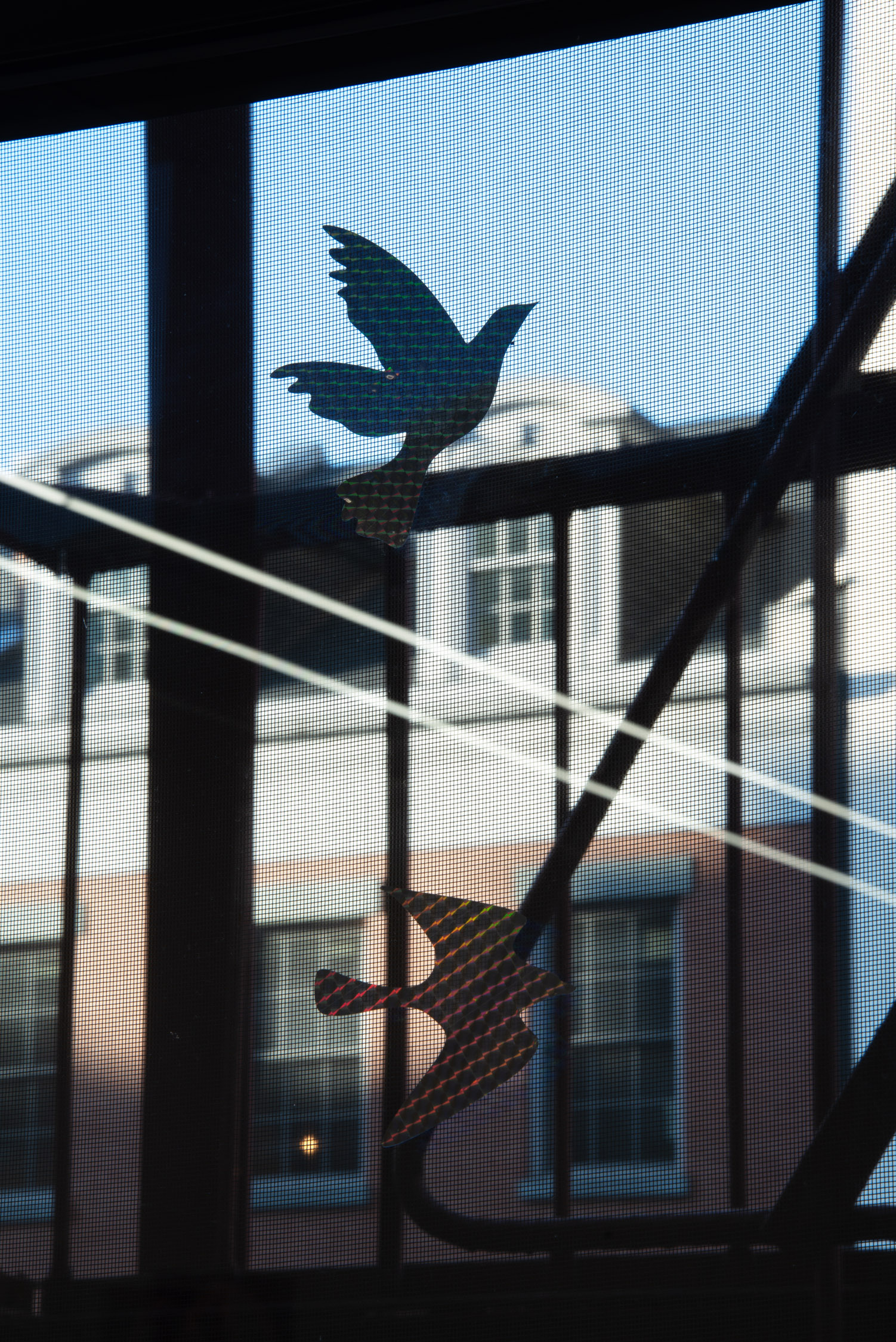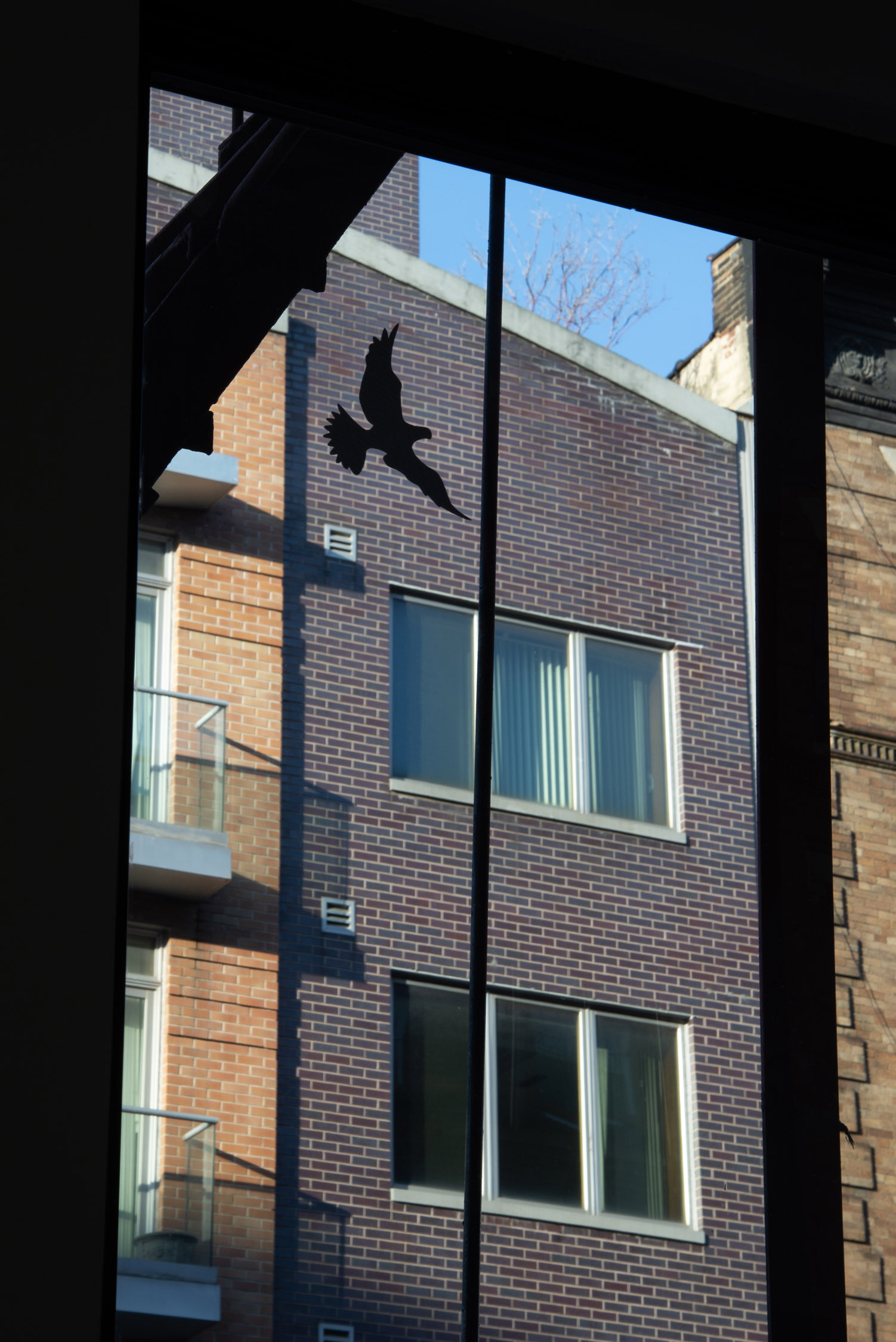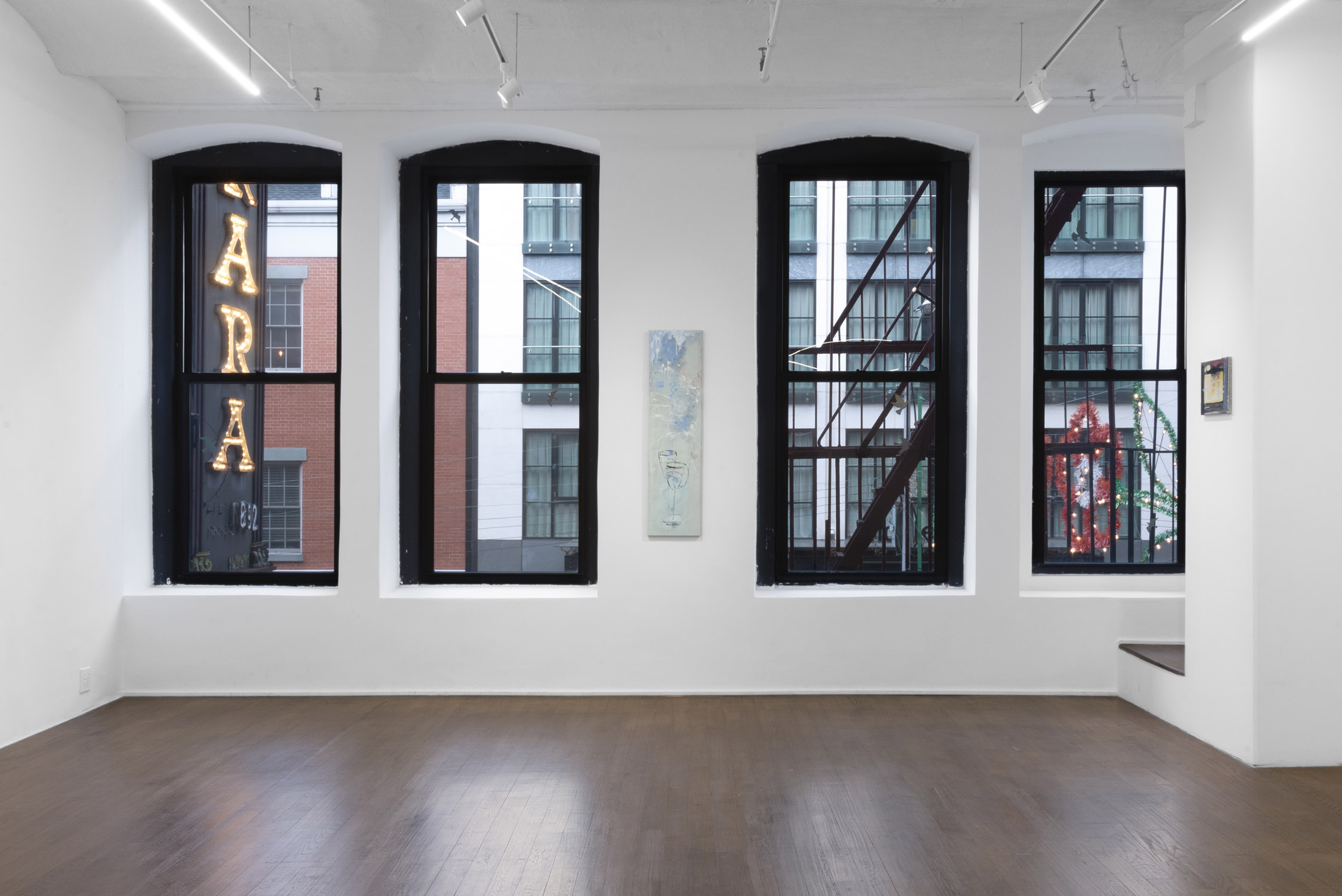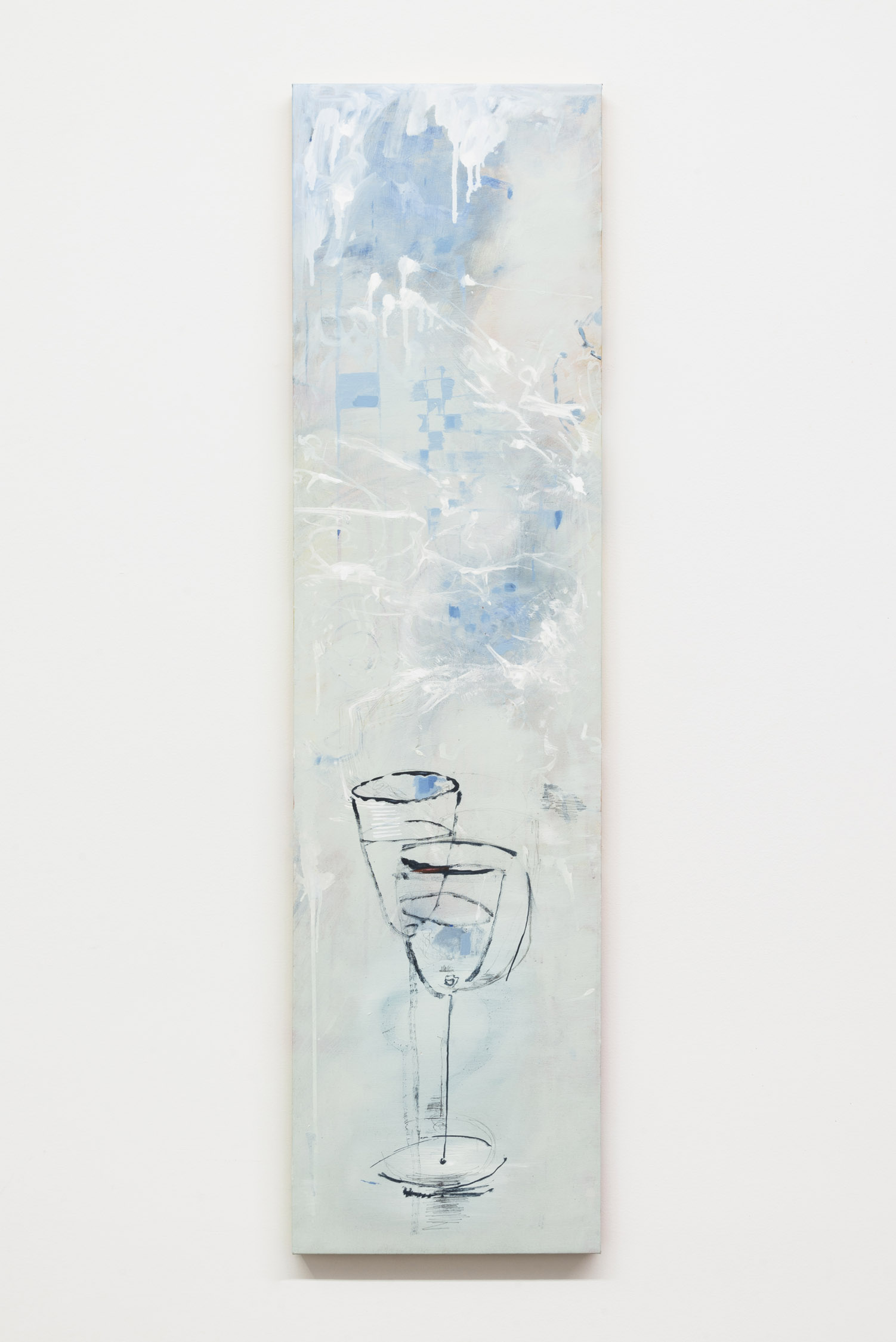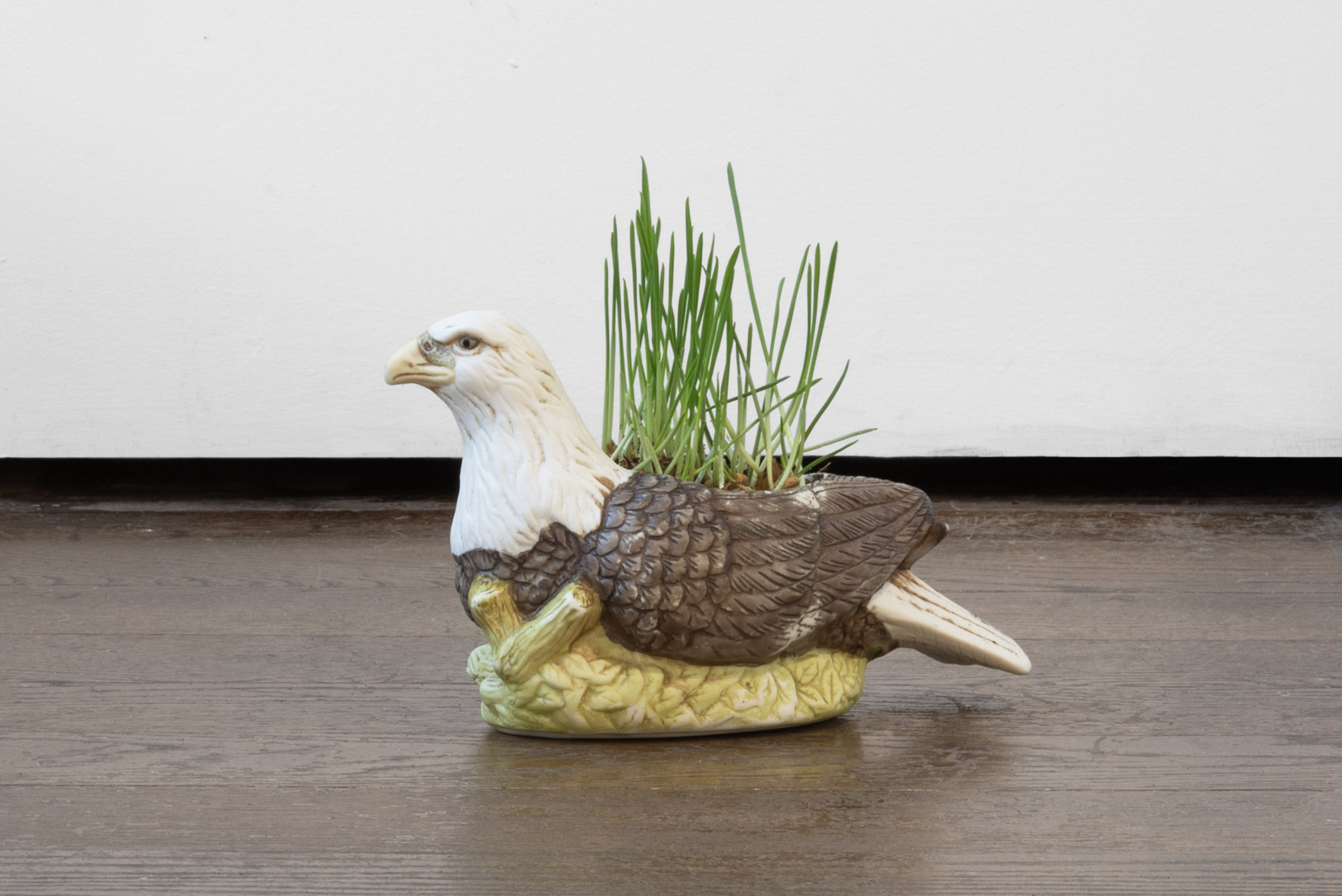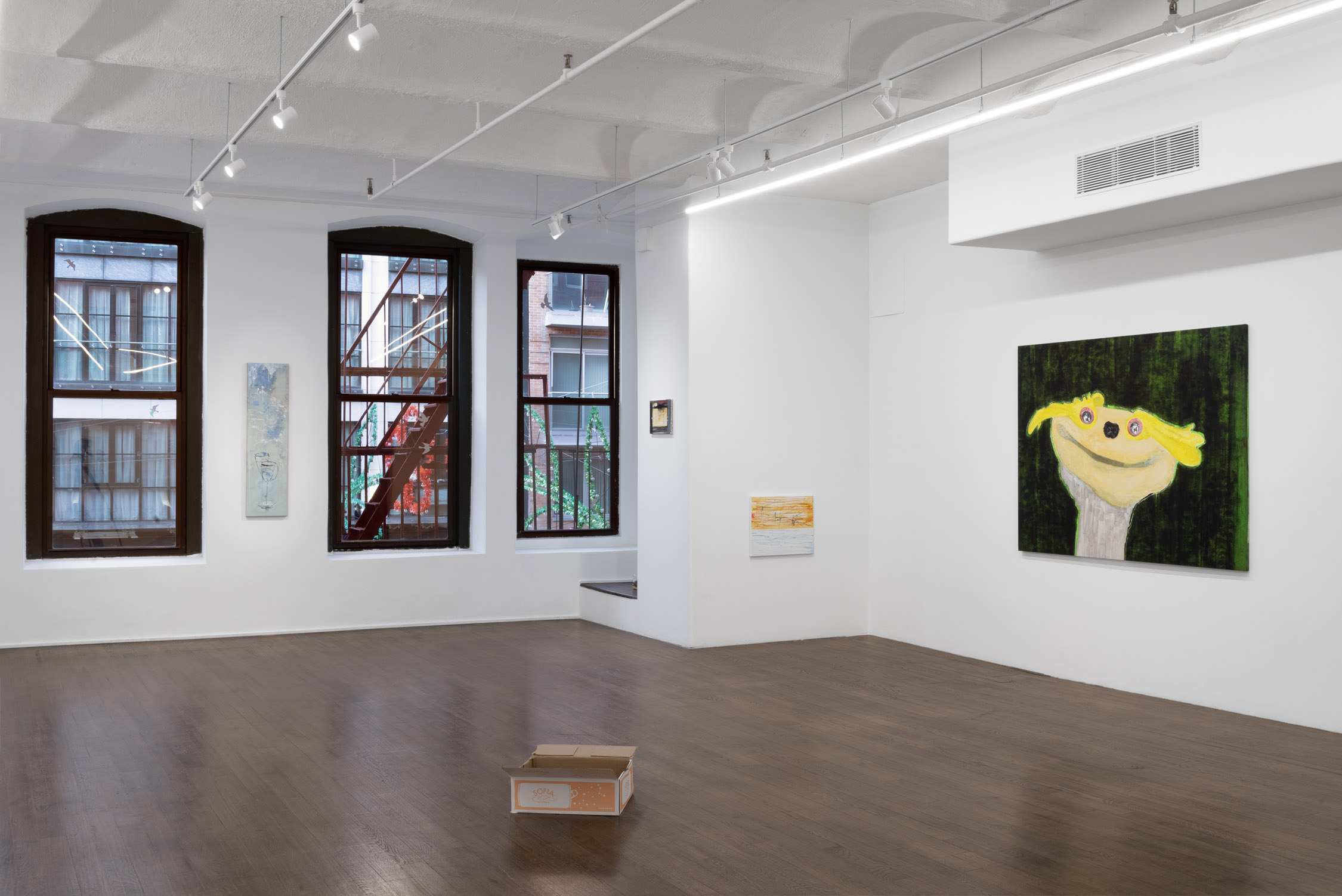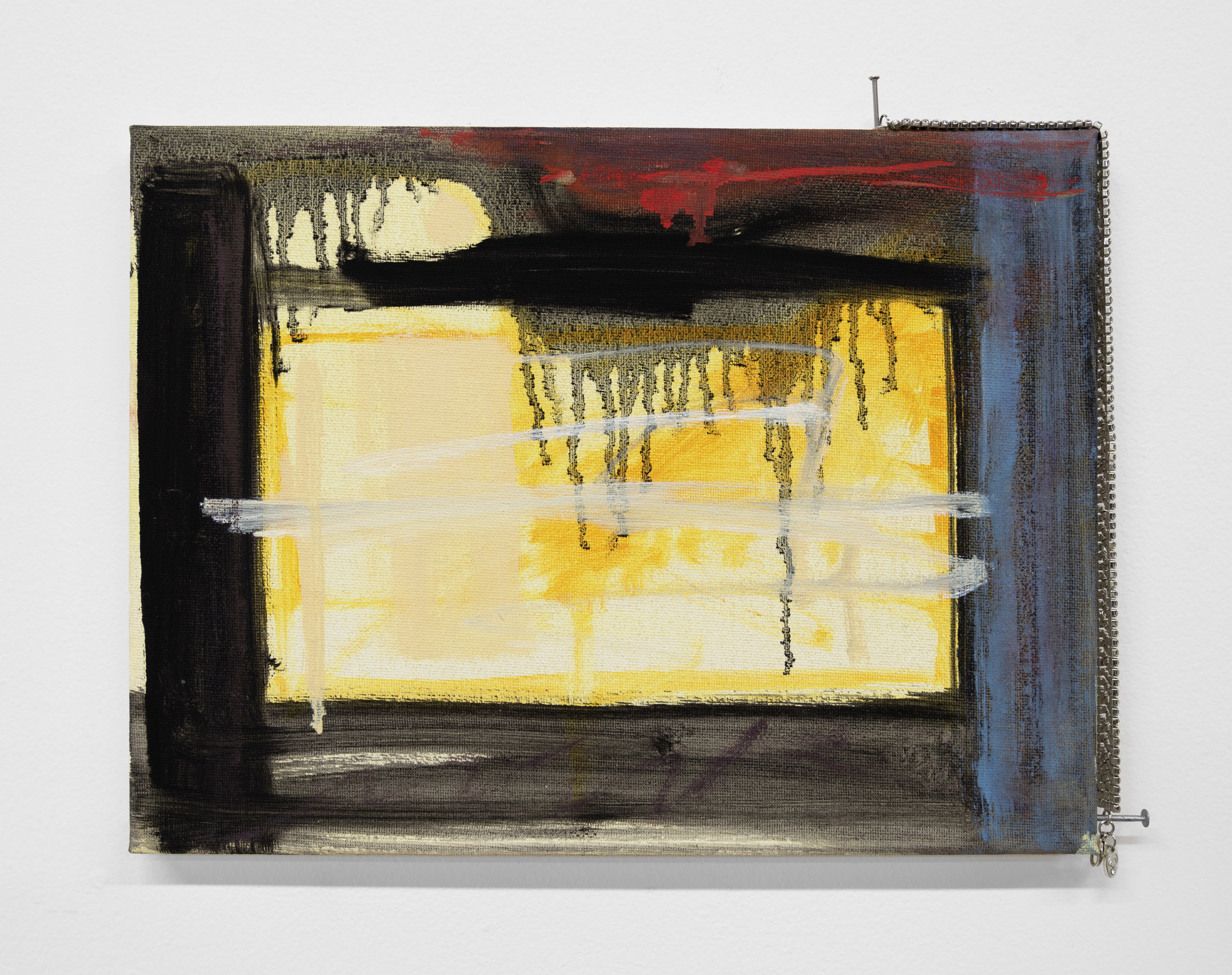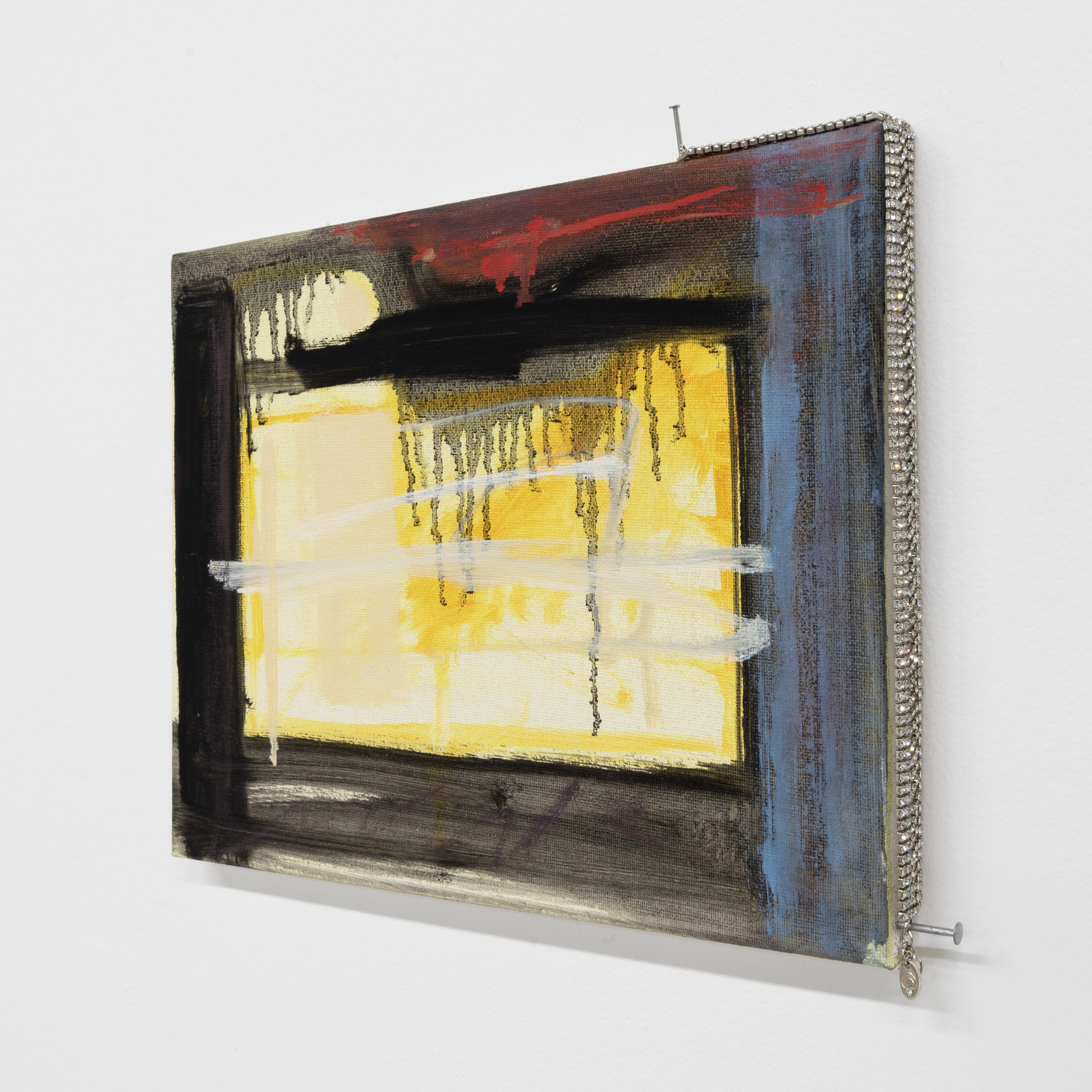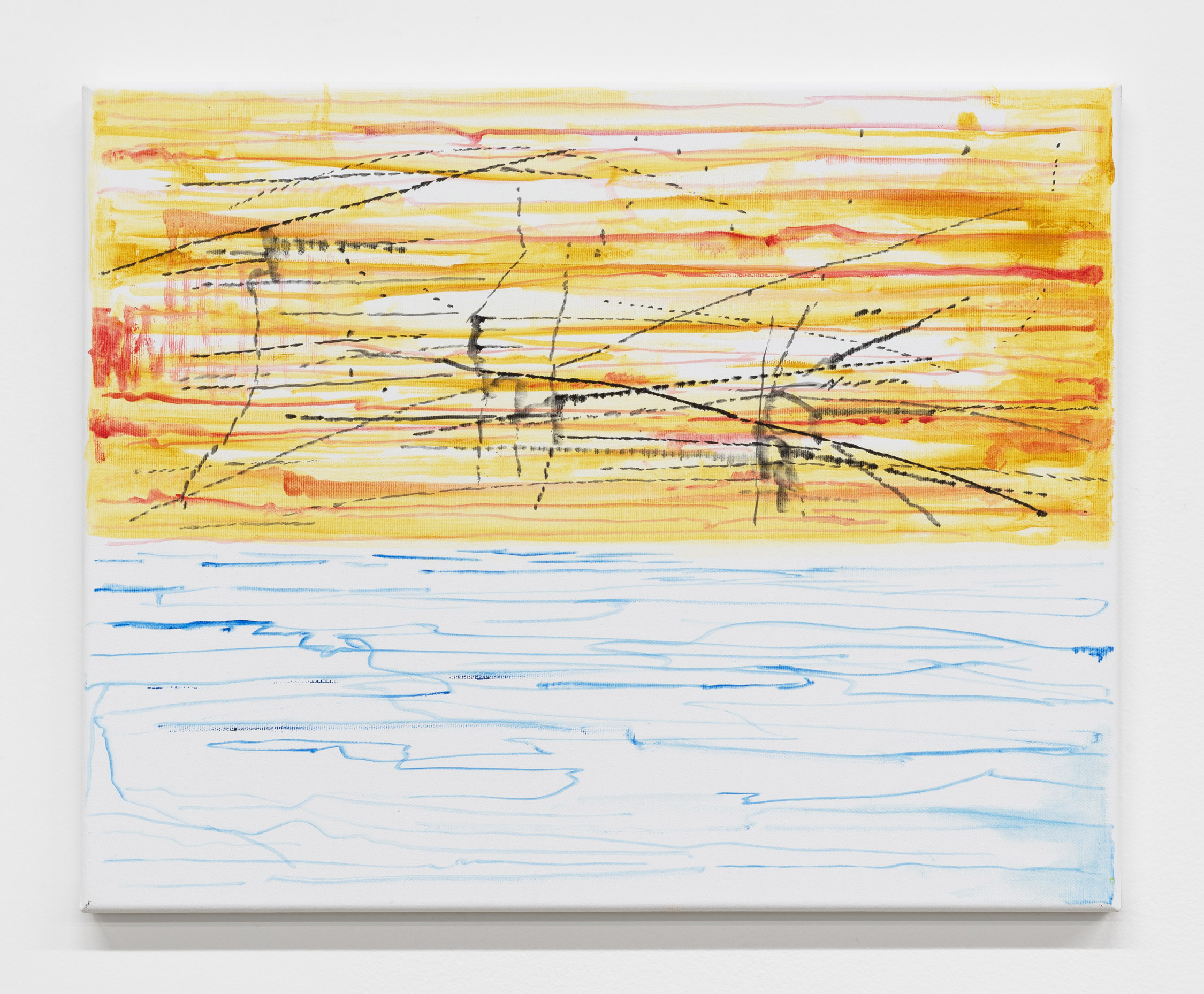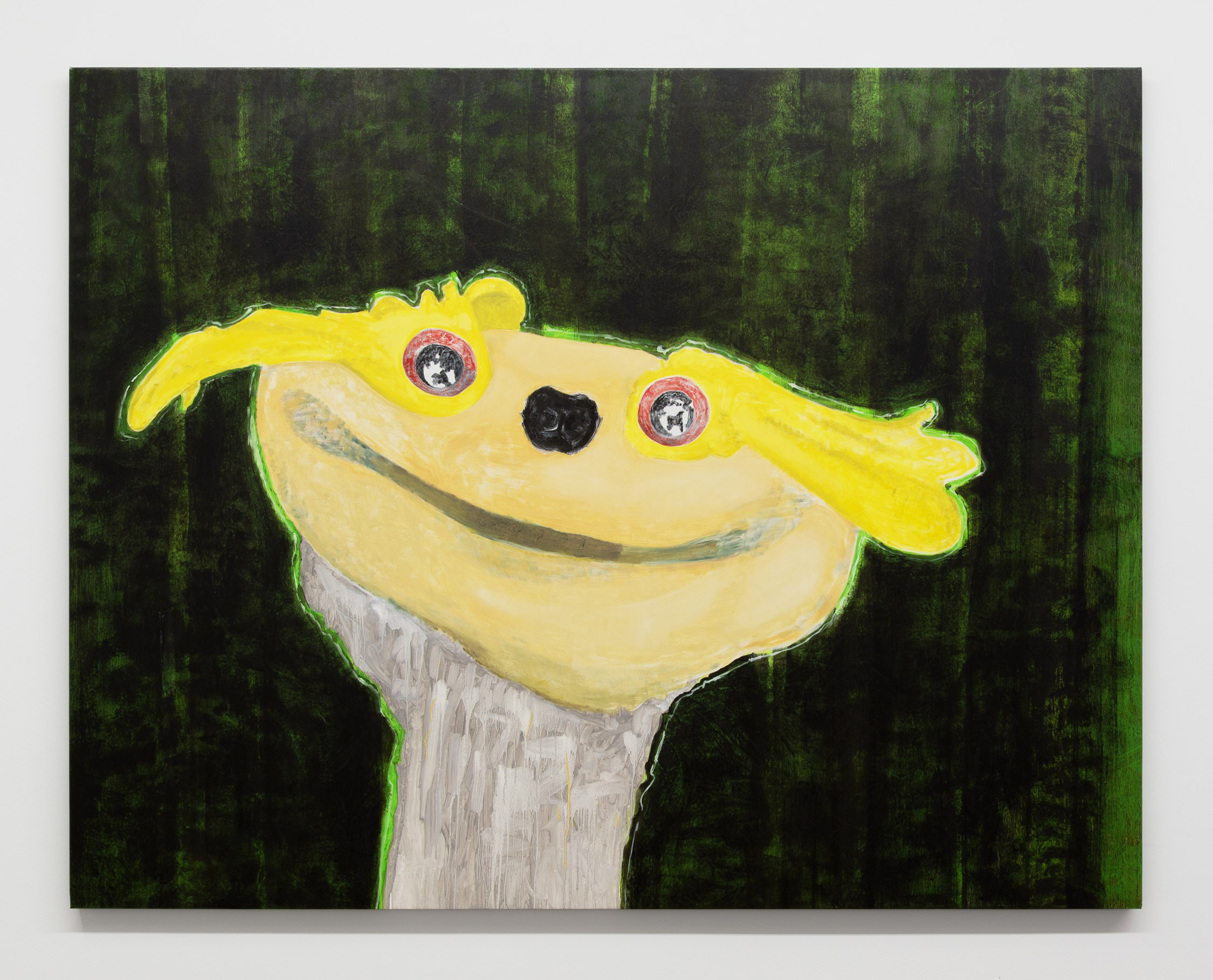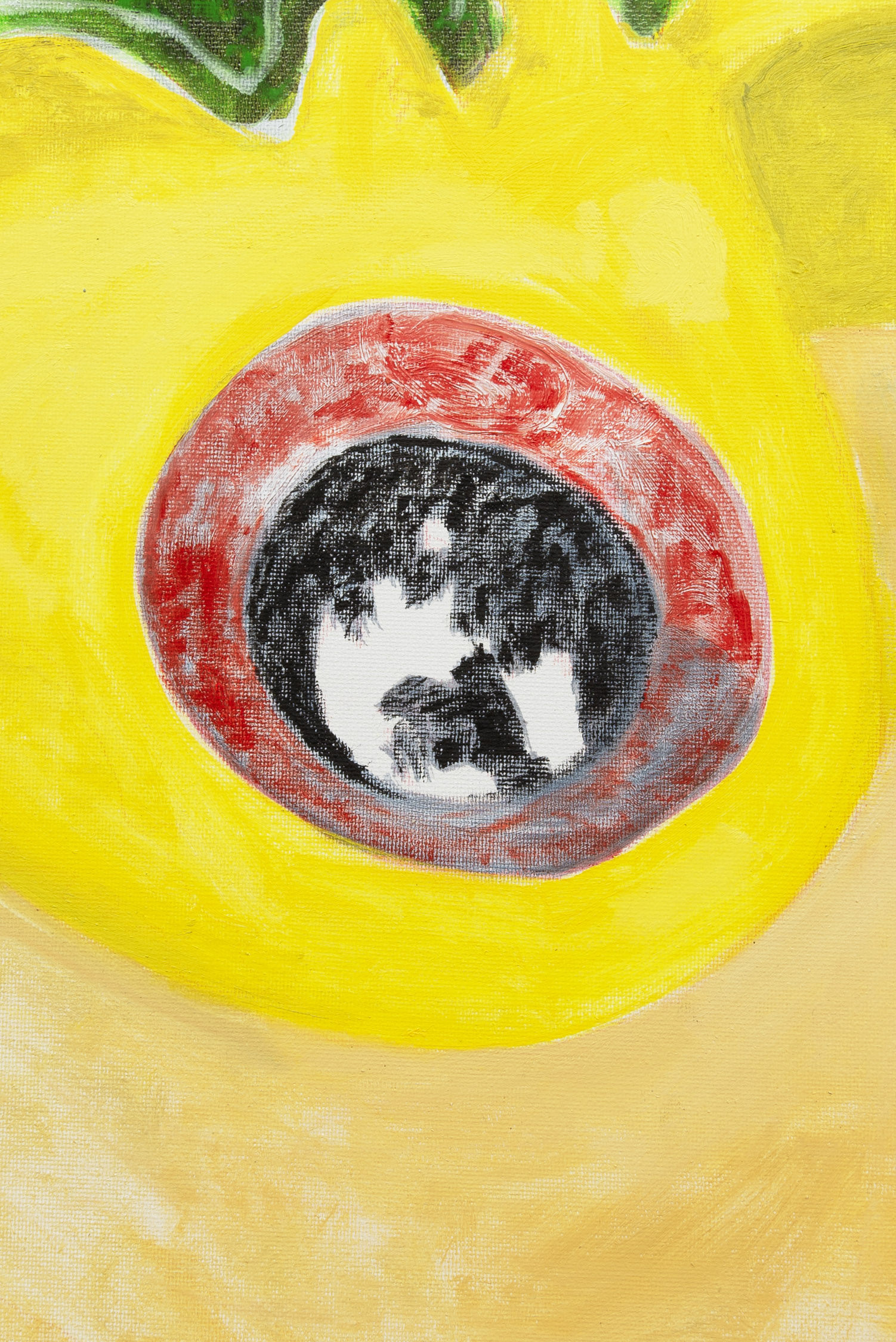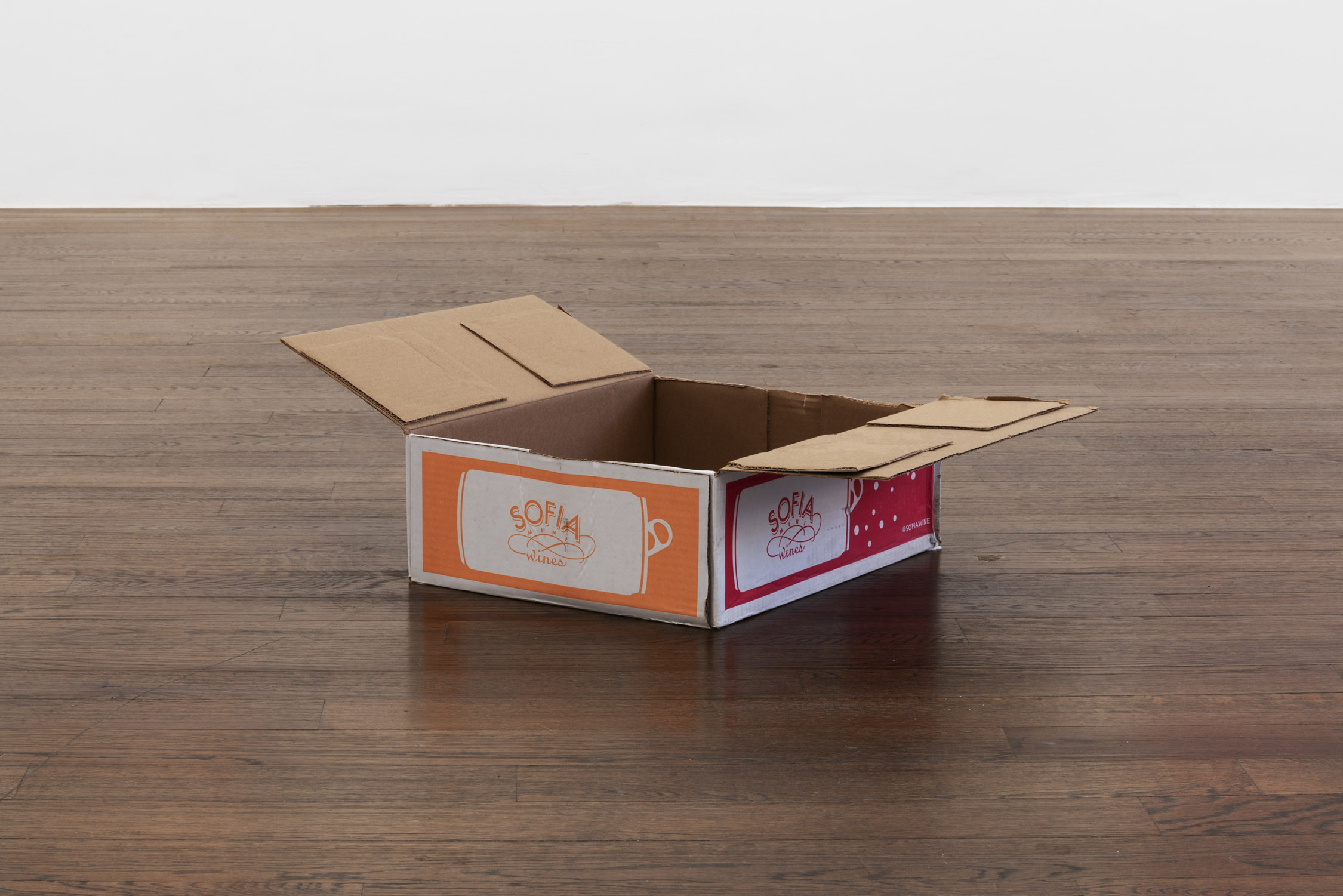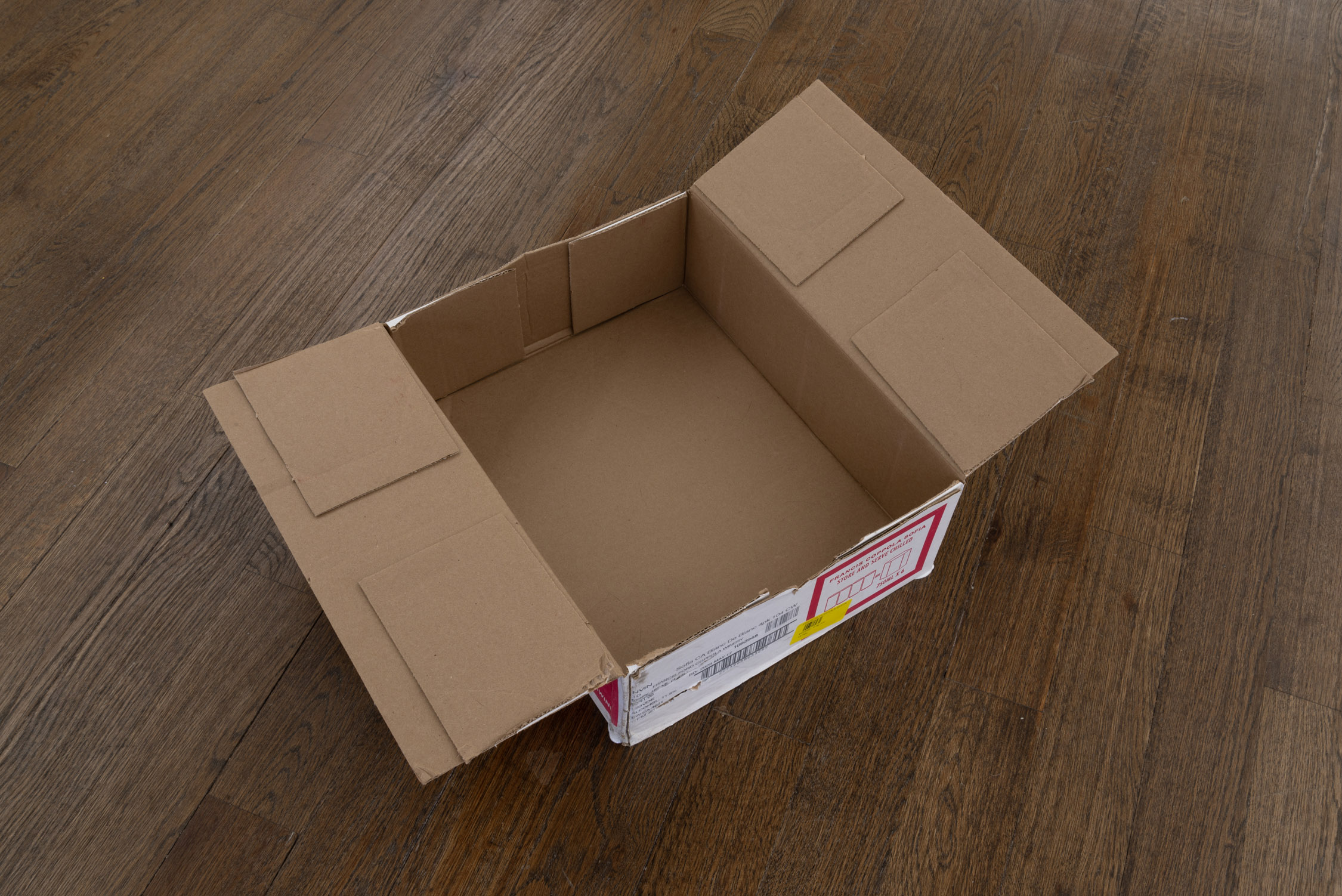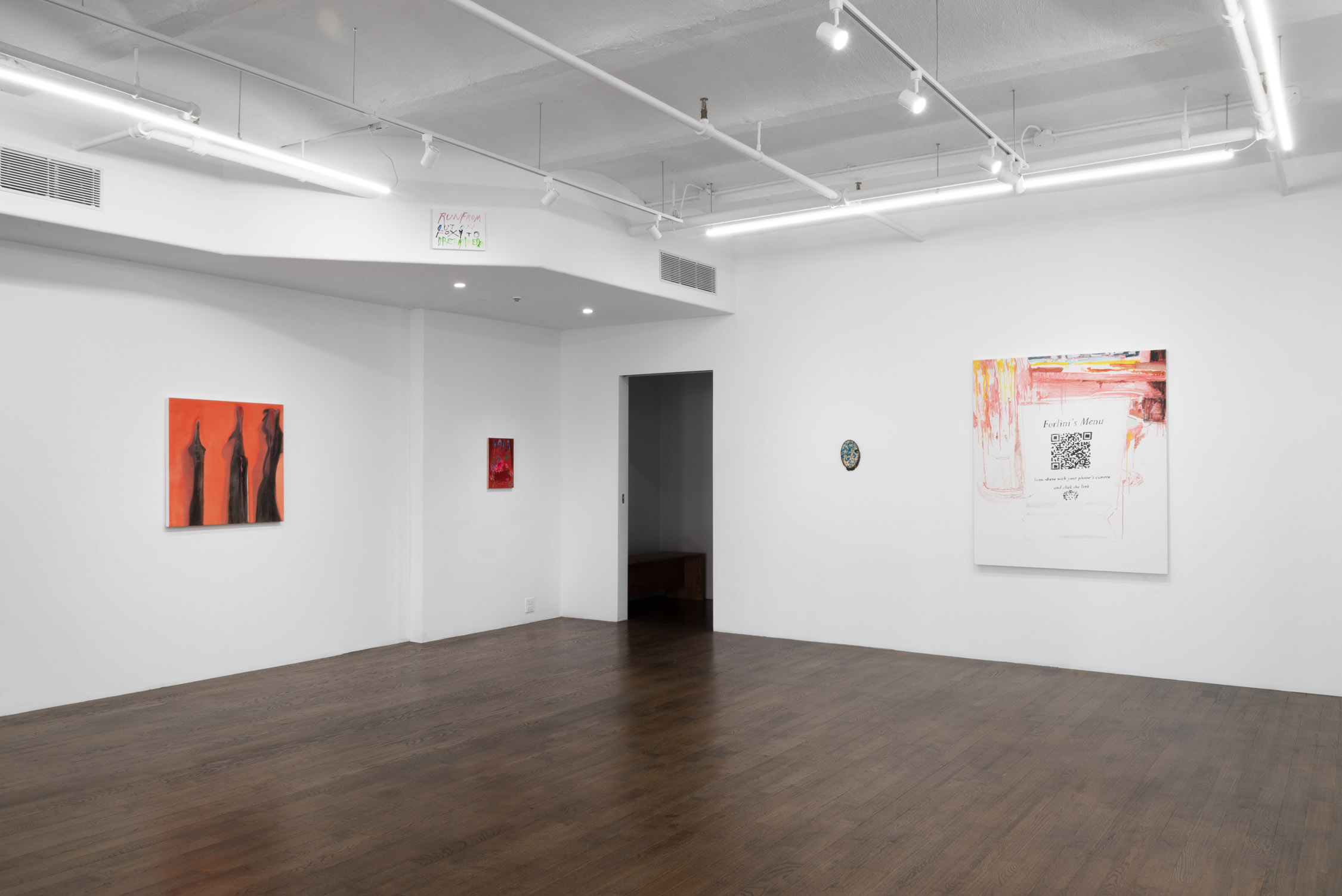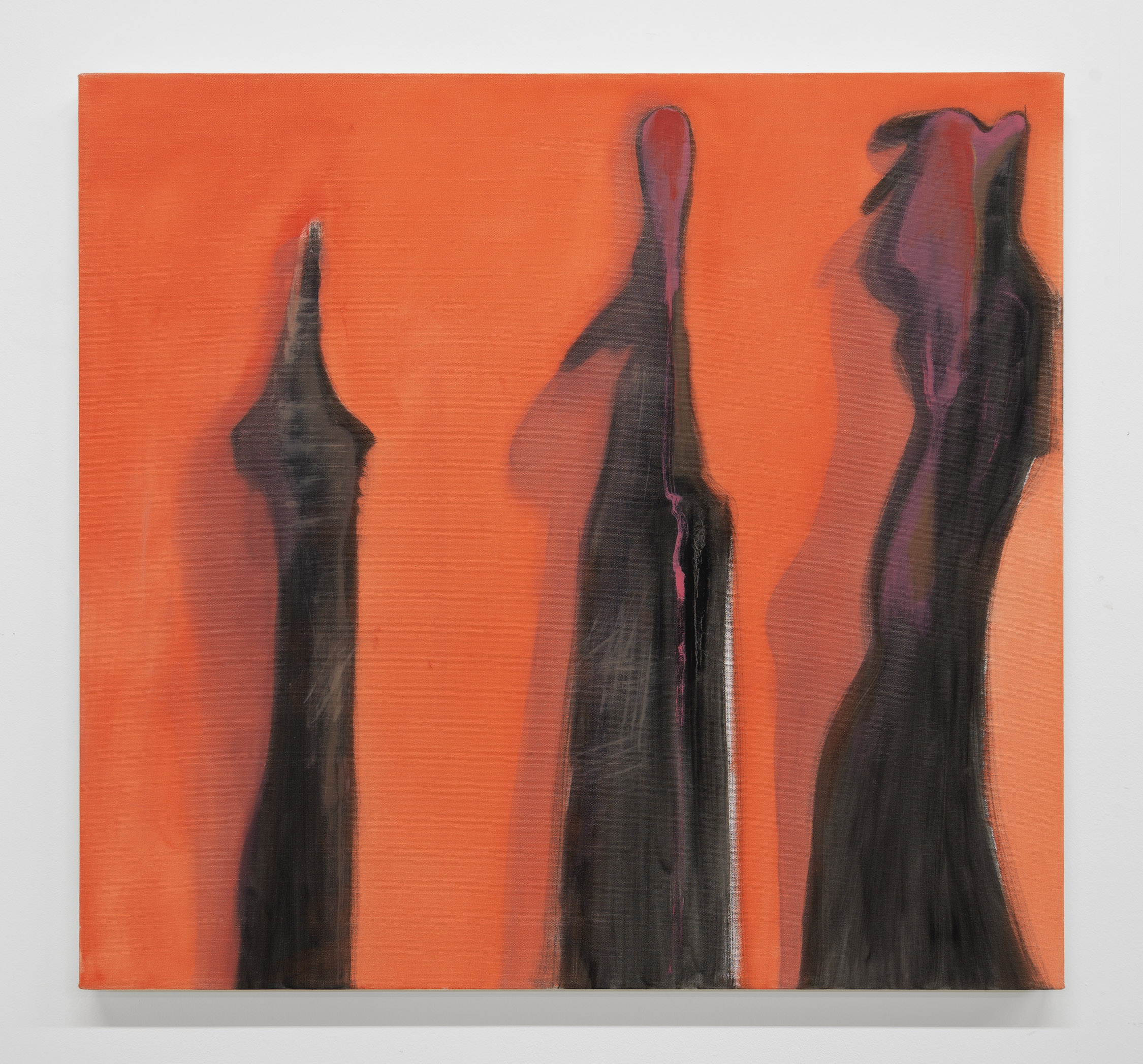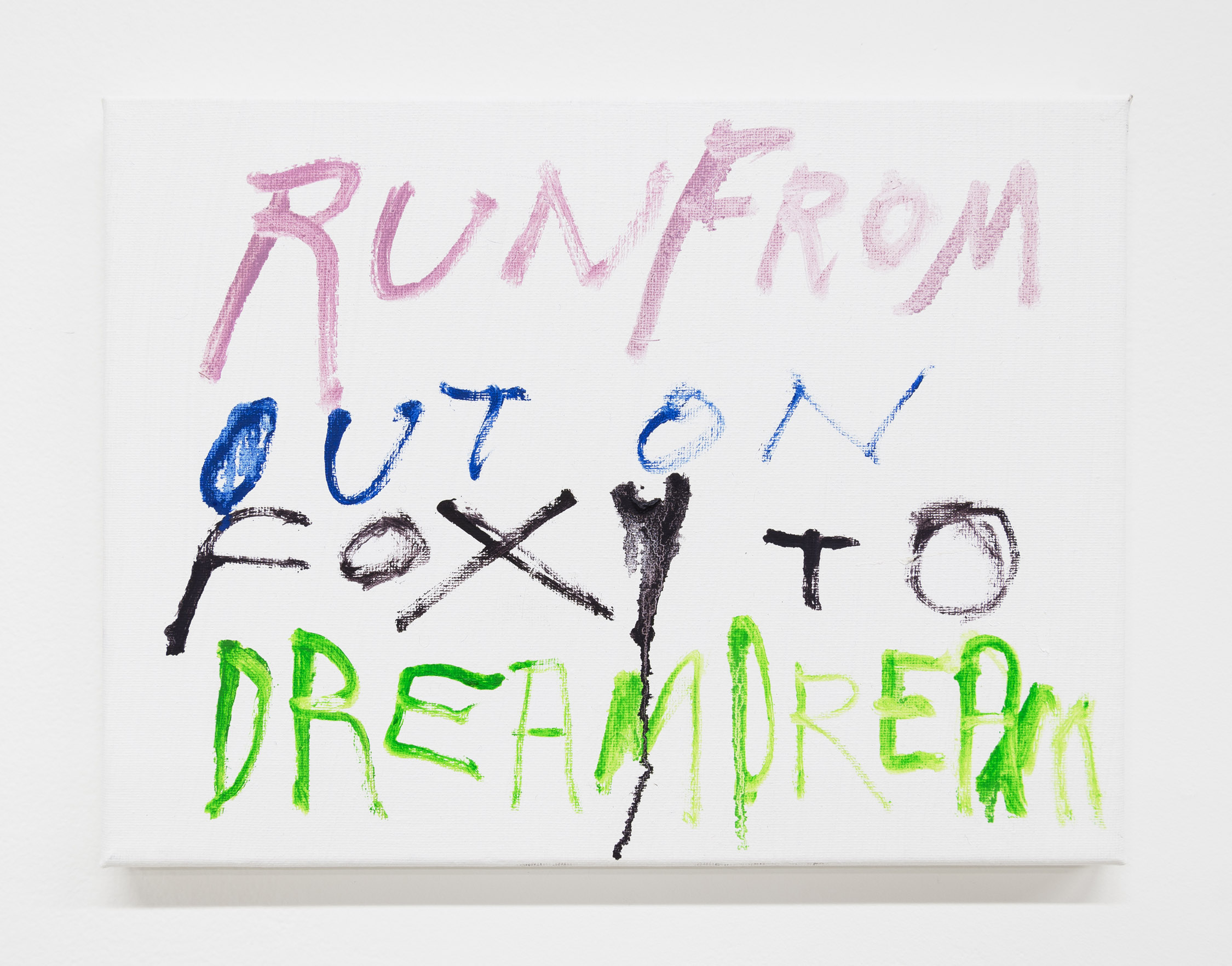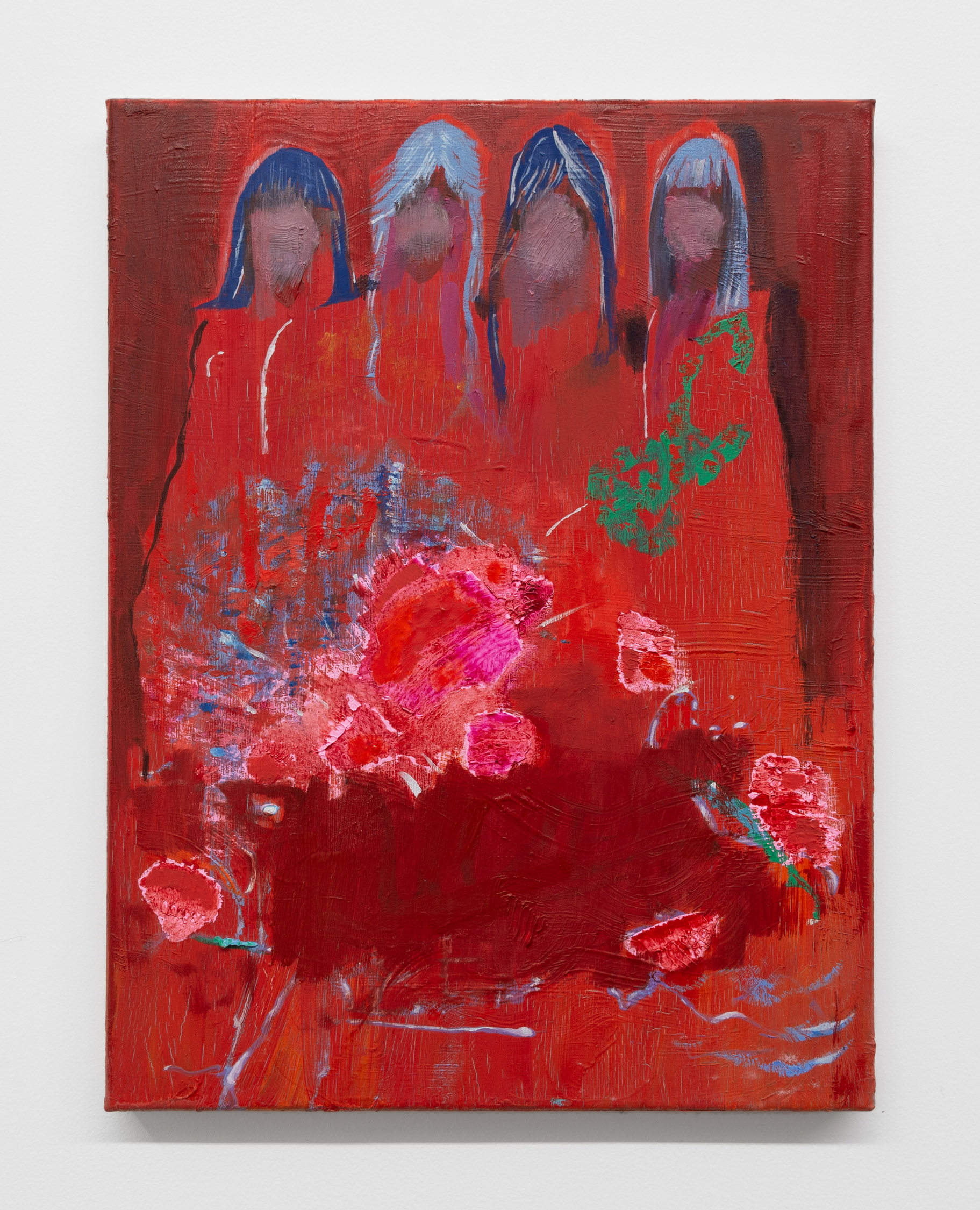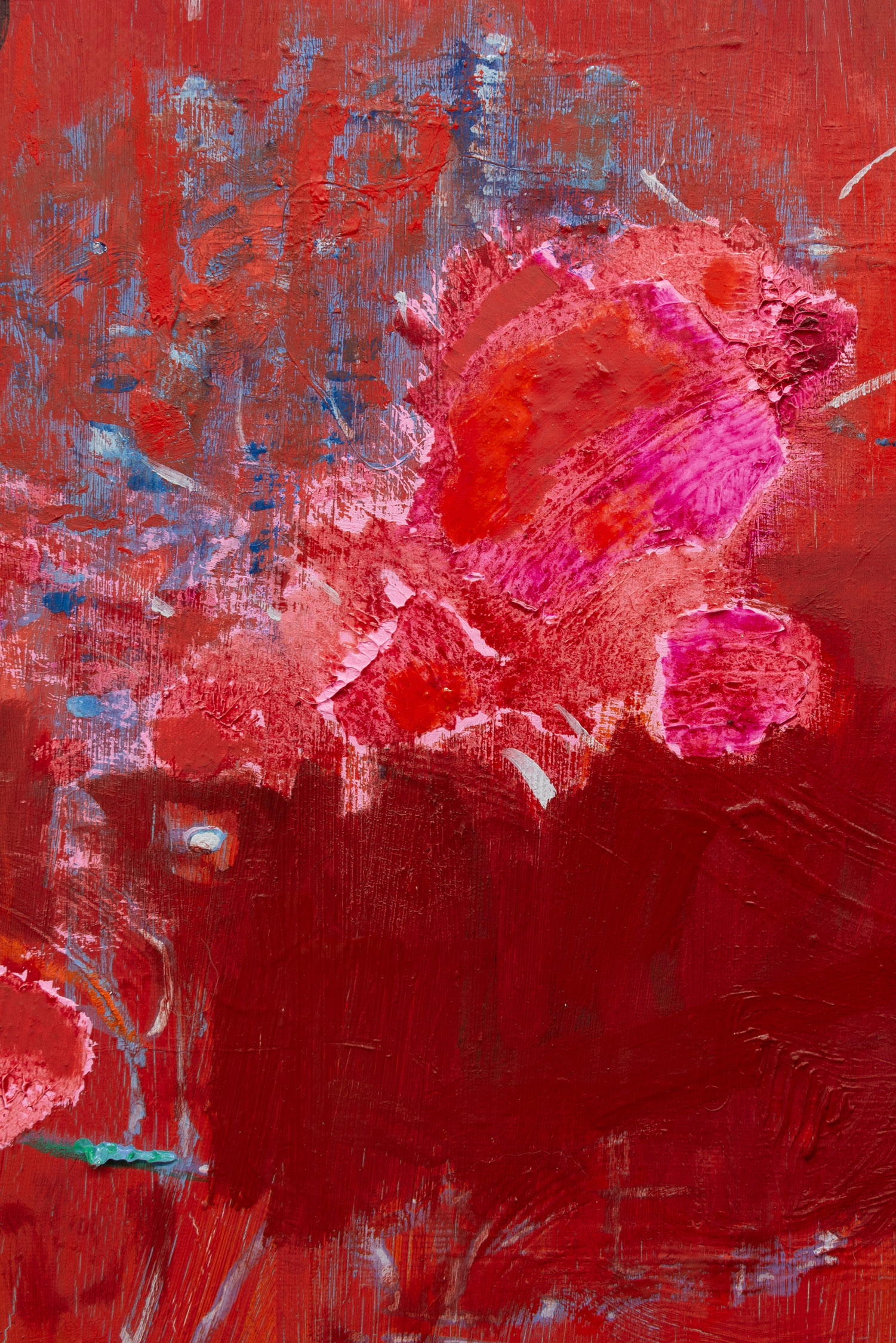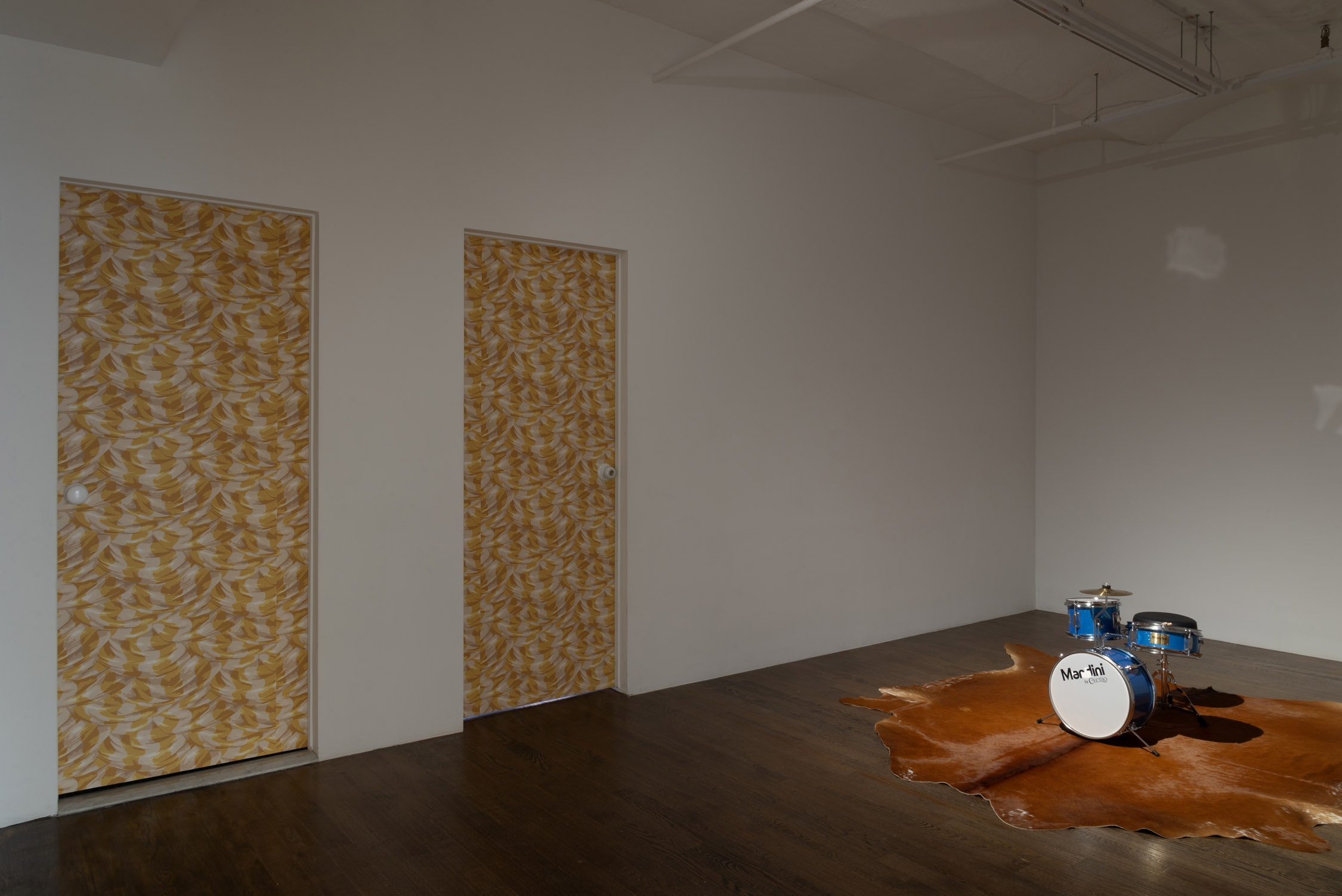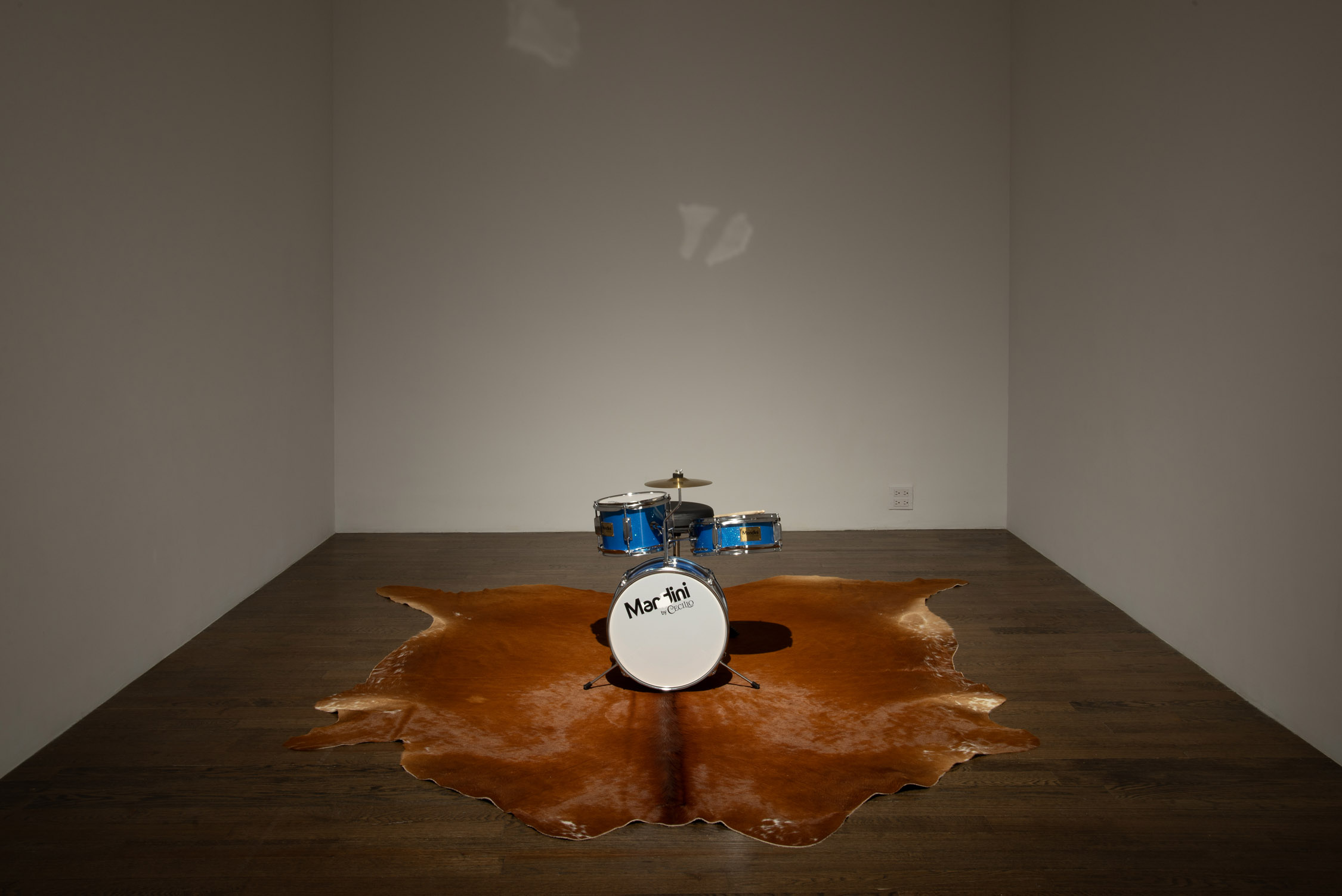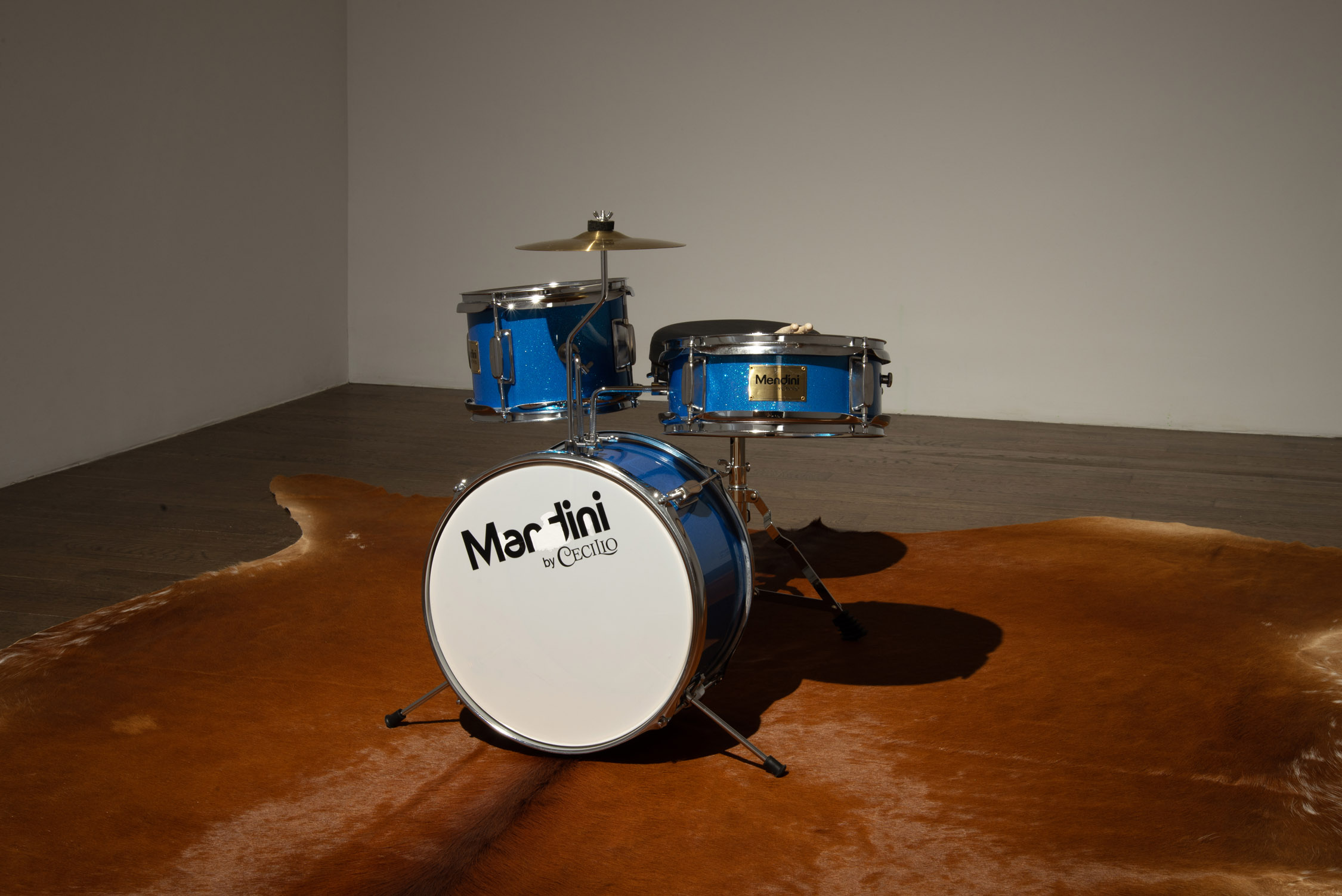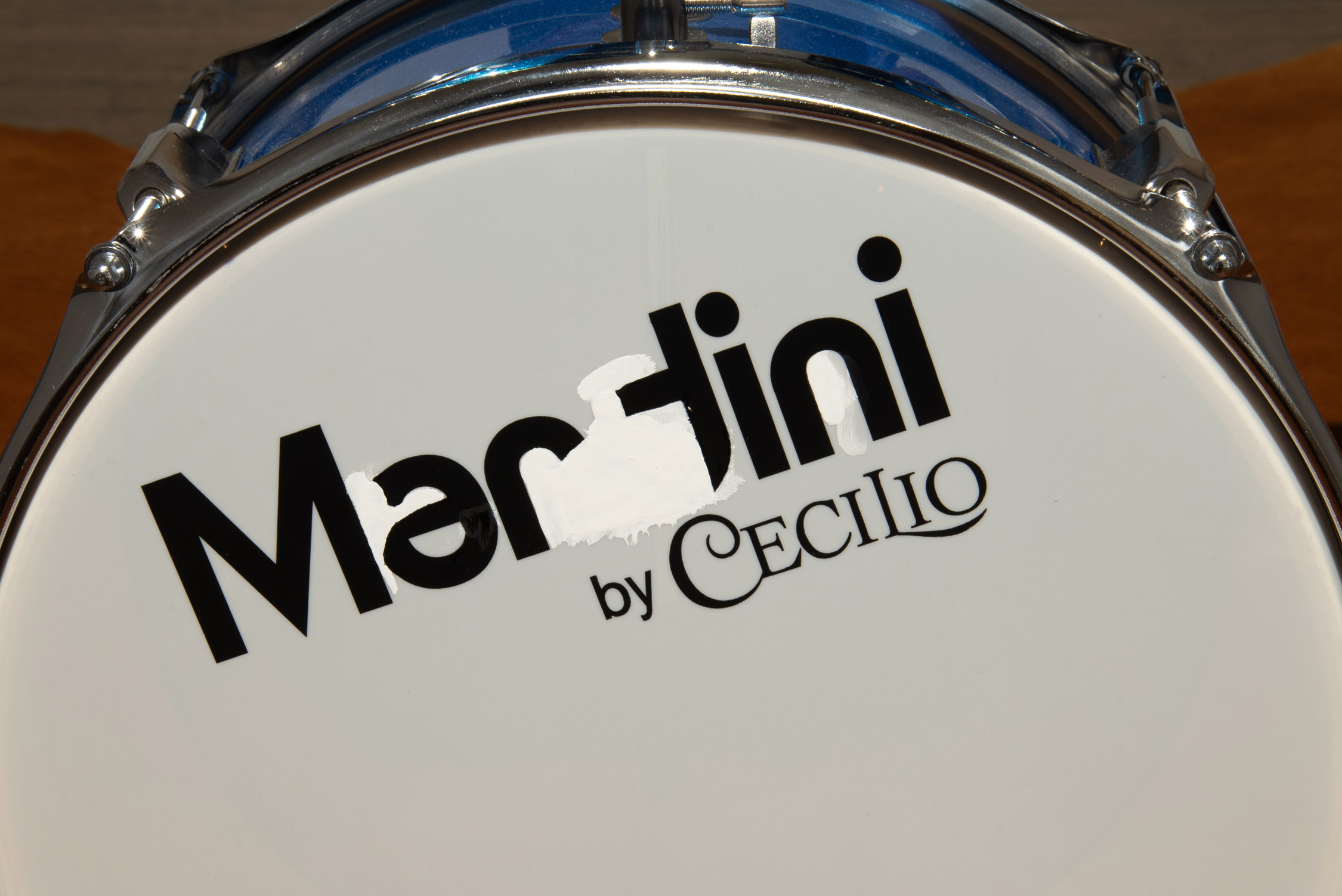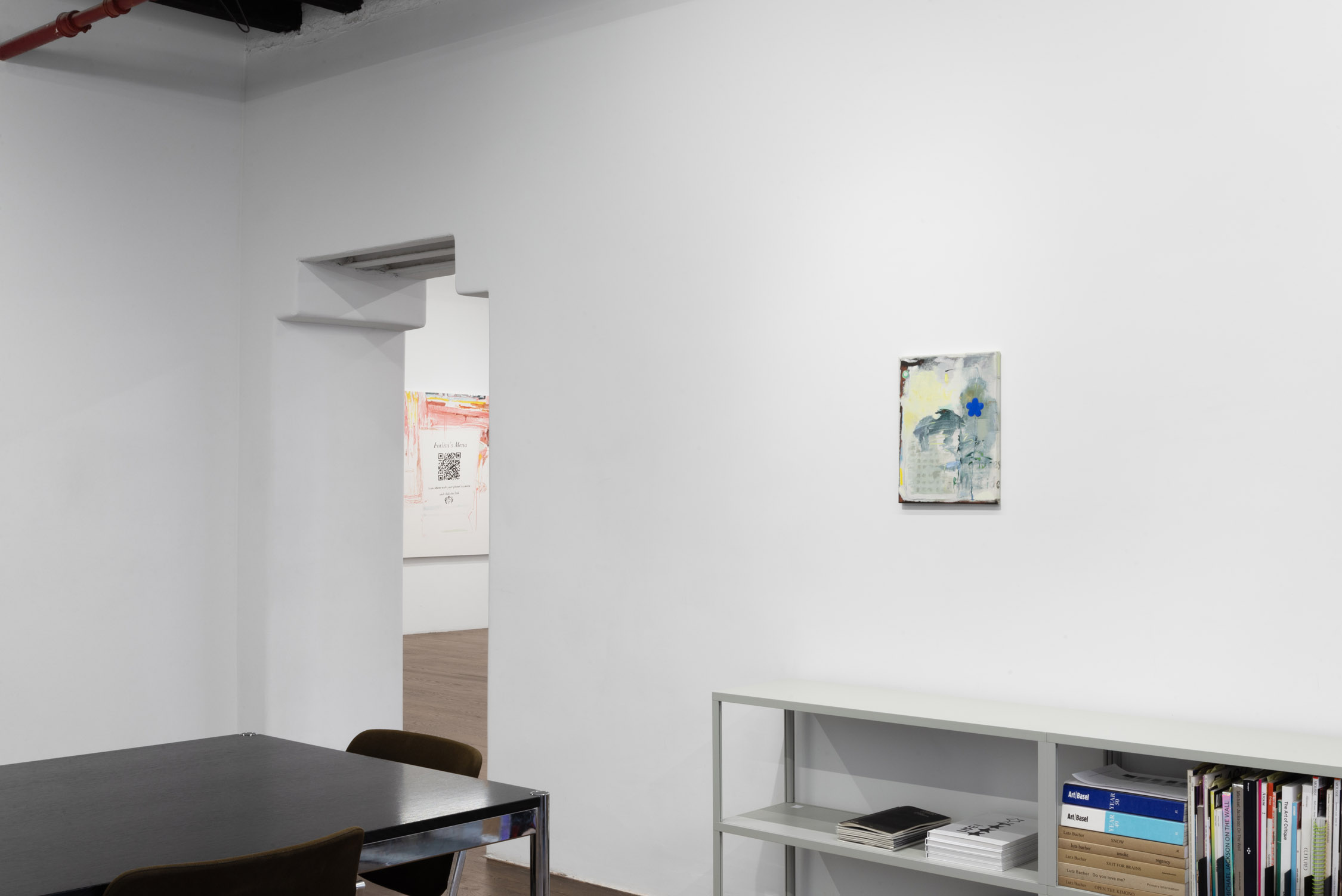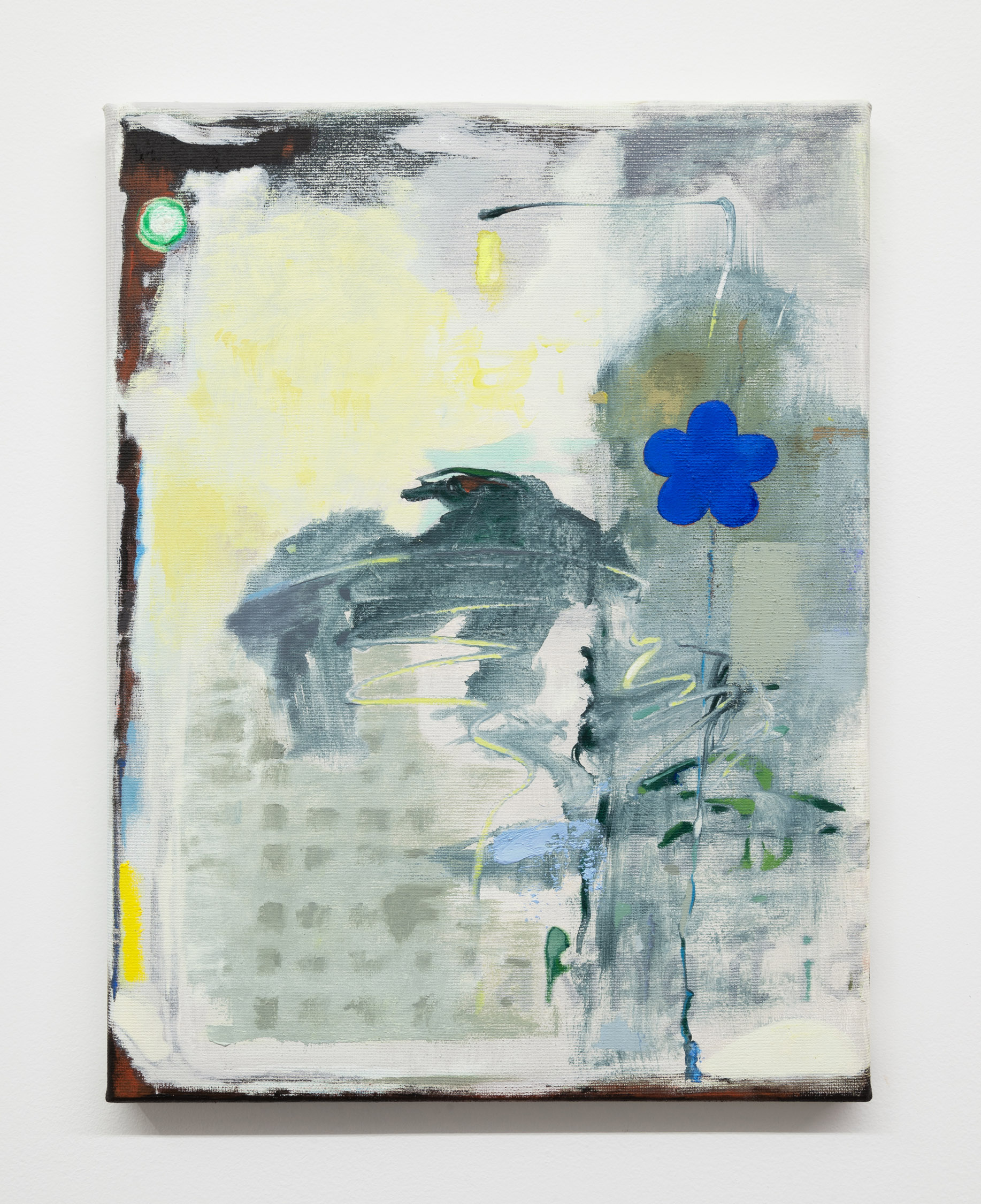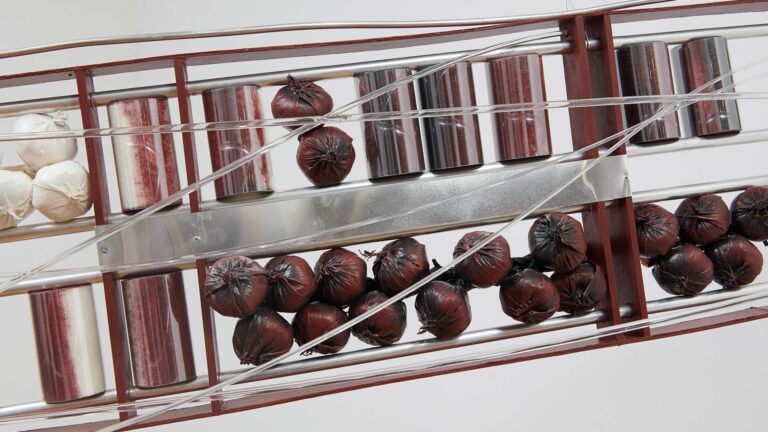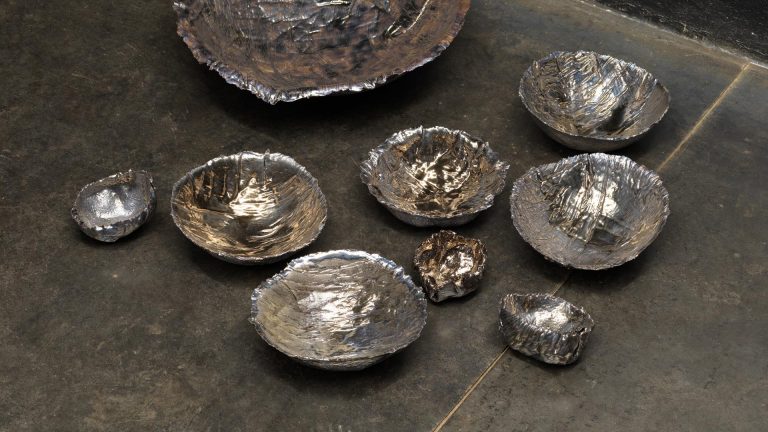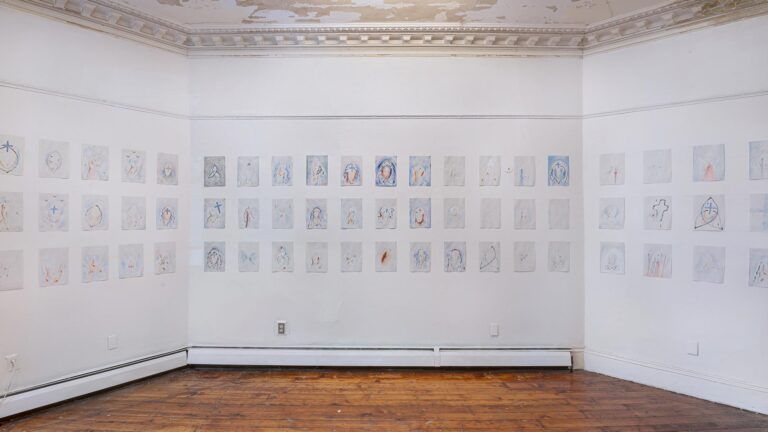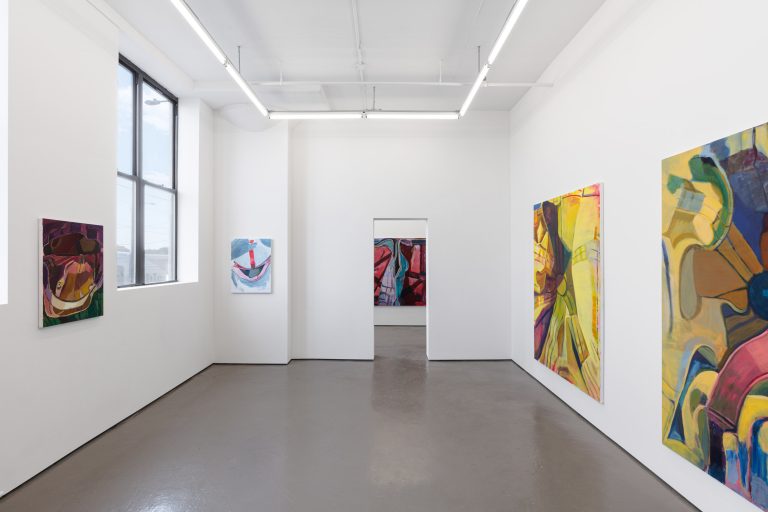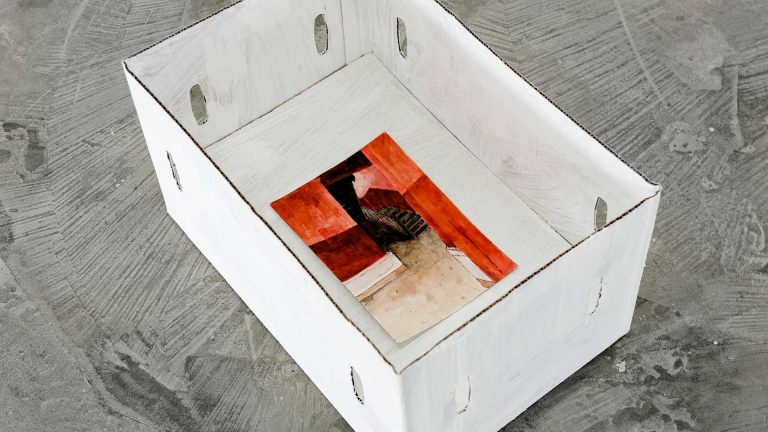In a surprising recent development, the term “cat lady” has become politically relevant for the first time in years. Despite previously/solely existing in my mind as a terroristic stock character from 30 Rock and The Simpsons, JD Vance’s dismissal of “childless cat ladies” has brought the term’s scornful original meaning back to the fore, weighing unmarried women for all of their wretched single-ness and perversely misplaced maternal energy. Even though Vance’s contempt feels like a throwback, it is genuinely interesting to see how the hard-edge of his disapproval runs up against a generation of women who’ve loosely adopted the term with varying degrees of irony. There are no doubt landfills brimming with rotting, kitten-embossed merch littered across the country, and while they don’t (in themselves) prove his point, they do serve as an unmistakable reminder that millennials (and their humor) have very much aged.
This is a truth that’s not lost on Whitney Claflin. The artist reached a point of conflict recently over what counted as “age-appropriate,” encountering the dilemma of having to square her reality as a mature adult with the unabashed joy she finds in watching Emma Chamberlain videos. Claflin originally conceived of her latest show, Pinky’s Where?, as a deep dive into the essence of being a cat lady. Even though most of her felines were ultimately thrown out the window, in many ways this very much remains a cat lady’s show. In the artist’s vocabulary, the term is something more slippery and abstract than either self-empowered embrace or mean-spirited abuse: a by-word that conjures her youthfulness and sophistication, coolness, and cringe in equal measure.
Pinky’s Where is a mondegreen for “pinky swear” and the linguistic slippage from childhood promise to grown-up silliness animates the show. Claflin’s sensibility, which operates somewhere between the breezy stoner logic of Sifl & Olly to the daisy-chained profundity of Pavement lyrics is writ-large throughout the gallery. Dangling signs, wall-papered doors, stick-on decals, and found sculptures stagger and bisect the traditional white cube experience, offering an exploded view of her personality. Claflin’s takeover of Derosia’s space is itself a kind of refinement, making fully comprehensive art out of the time she spent occupying the gallery over summer break. But rather than focusing on minute perfectionism, it’s telling that her final touches were to make a more carefully considered form of all-out chaos.
The hallmarks of Claflin’s art are crafty absurdism and joyfully off-kilter humor, combining bizarro readymades with casually accomplished painting. Her approach to material is democratic, with a magpie’s eye for shiny bits and bobs. Every stray piece is handled with care and follows a clear visual logic that makes even her most gorgeously rendered work unthinkable without an avalanche of glitter on top. Straight-forwardly beautiful pieces like Noon and Mr. Triste (all 2024), which initially resemble Monet and Brice Marden, are only fully completed by chintzy flower stickers and a clown-nose appliqué. Even in its more dissonant moments, Claflin has a unity of style that makes nothing she touches seem random. Readymades like the cardboard container for Sofia Coppola’s sparkling prosecco, Parking For Angels Only or the bald-eagle cat grass vessel of OMG I Wish You Guys Could Taste This take on “cat lady art” by imagining the kind of sculpture kitties would respond to. Grape Celsius, Coffee Mug, and Untitled (For Walter) which features the QR code to Forlini’s (RIP), double as showcases for her talent for wielding color and mark-making as much as her day-to-day drinking habits.
If the show has a messy ease to it, Claflin’s work is also informed by an undercurrent of listlessness. The sculpture Martini’s Traum is inspired by Chamberlain’s habit of pounding on a drumset to combat her anxiety, and in a way the influencer is the presiding spirit for this show: a charismatic amateur whose preferred form of coping with the world is by absolutely shredding. In her own idiosyncratic way, Claflin makes peace by wielding the full-force of her spontaneity and talent to do the exact same thing.
—Harry Tafoya
Whitney Claflin (b. 1983, Providence, RI) lives and works in New York. Select solo and two-person exhibitions include Drei, Cologne (2024, 2020); Haus Erholung, Mönchengladbach, Germany (2024); Drei (with Rochelle Feinstein, curated by Fabrice Stroun, 2022); Bodega (Derosia), New York (2020); Central Fine, Miami (2019); Real Fine Arts, New York (2017, 2014, 2010); Richard Telles Fine Arts, Los Angeles (2016); and Green Gallery, Milwaukee (2015). Select recent group exhibitions include Gallery Vacancy, Shanghai (2024); Derosia and GEMS, New York (2023); G2 Kunsthalle, Leipzig (2023); Layr, Vienna (curated by Nick Irvin, 2023); Bel Ami, Los Angeles (2023); Office Baroque, Antwerp (2023); Drei, Cologne (2023); Bonner Kunstverein, Bonn, Germany (2022); Clearing, Brussels (2022); Sandy Brown, Berlin (2021); Shoot the Lobster, New York (curated by Ebony Haynes, 2020); Galerie Buchholz, New York (curated by Caleb Considine, 2019); Croy Nielsen, Vienna (curated by Saim Demircan, 2018); and Painting Now and Forever Part III, Greene Naftali, New York (2018).
